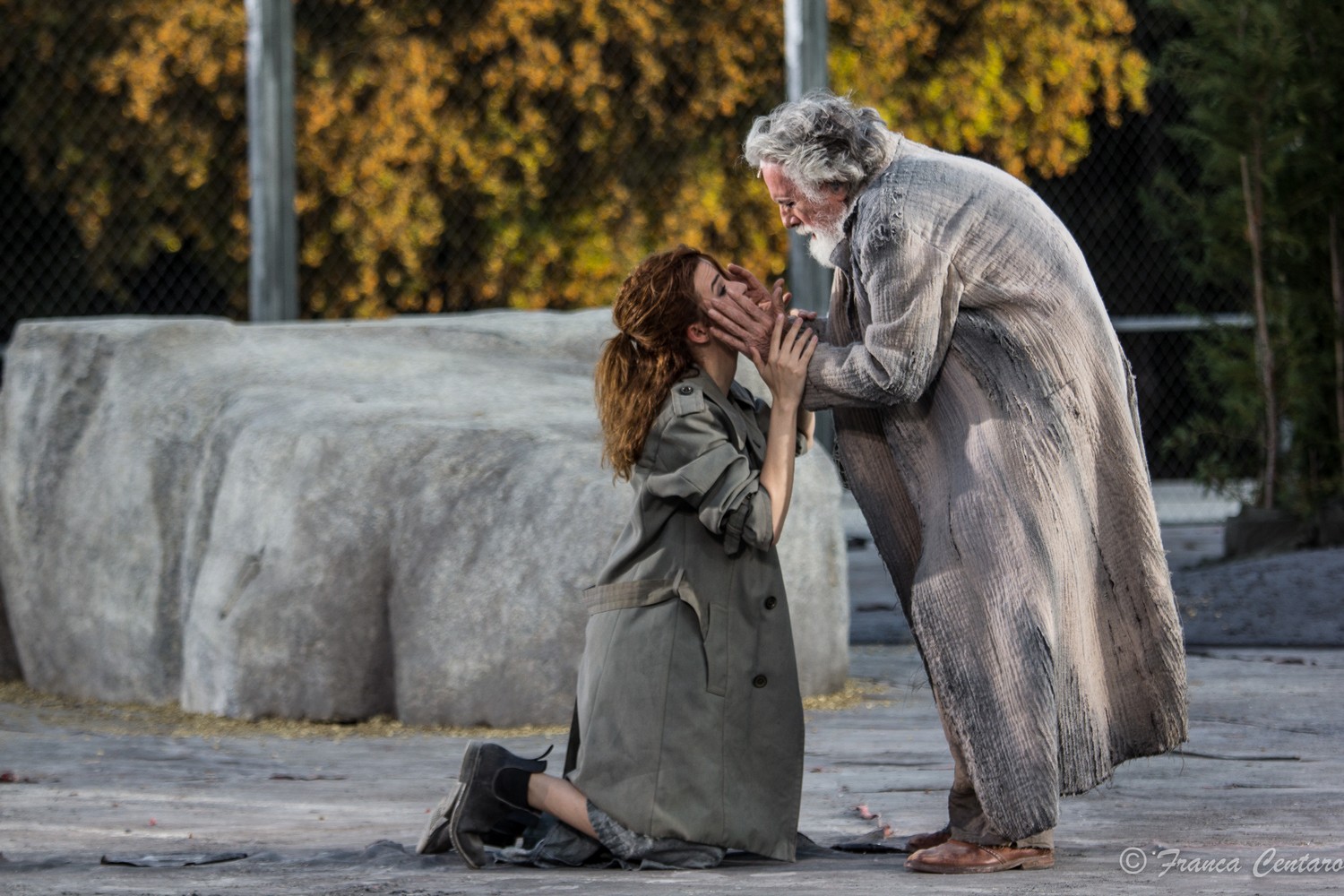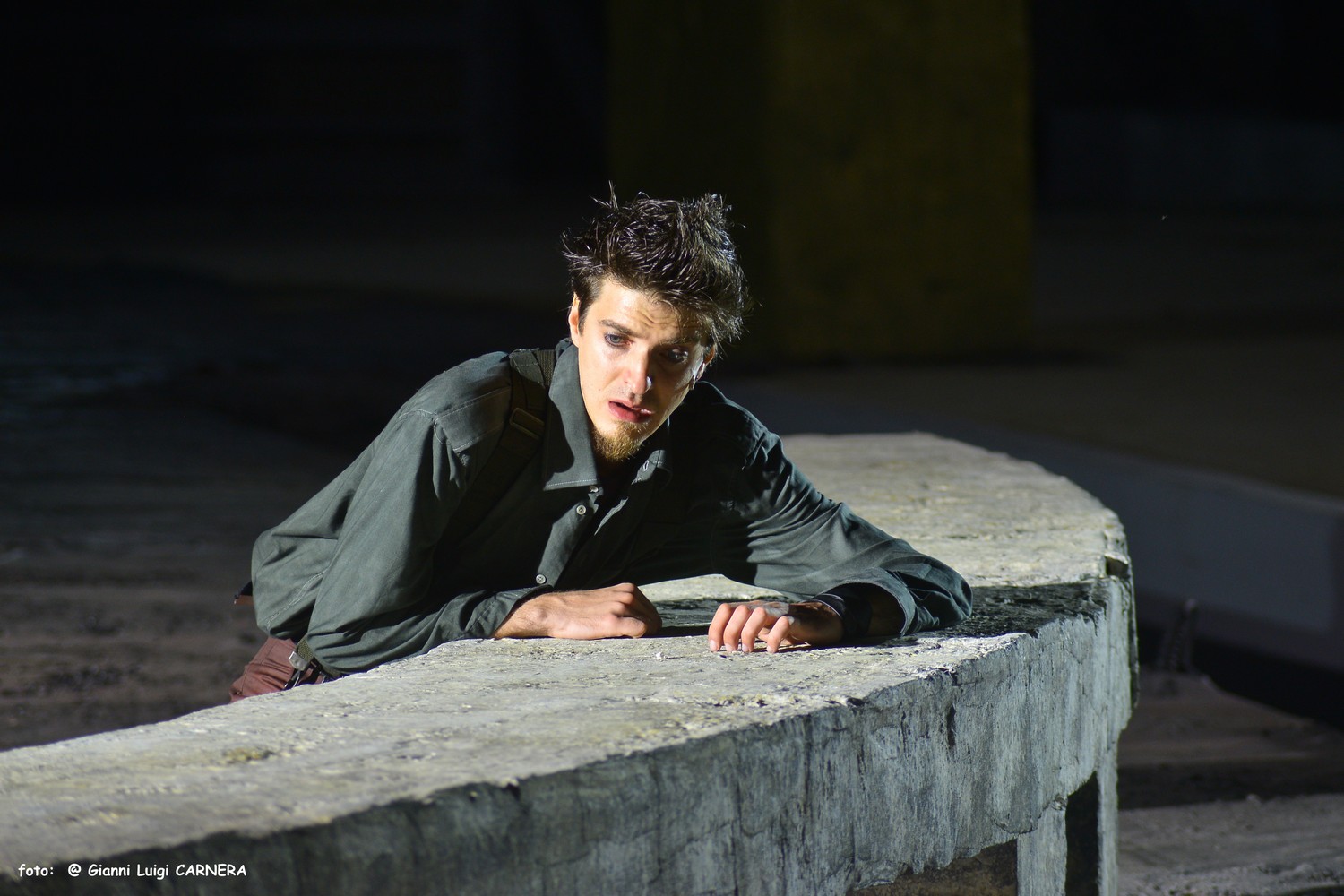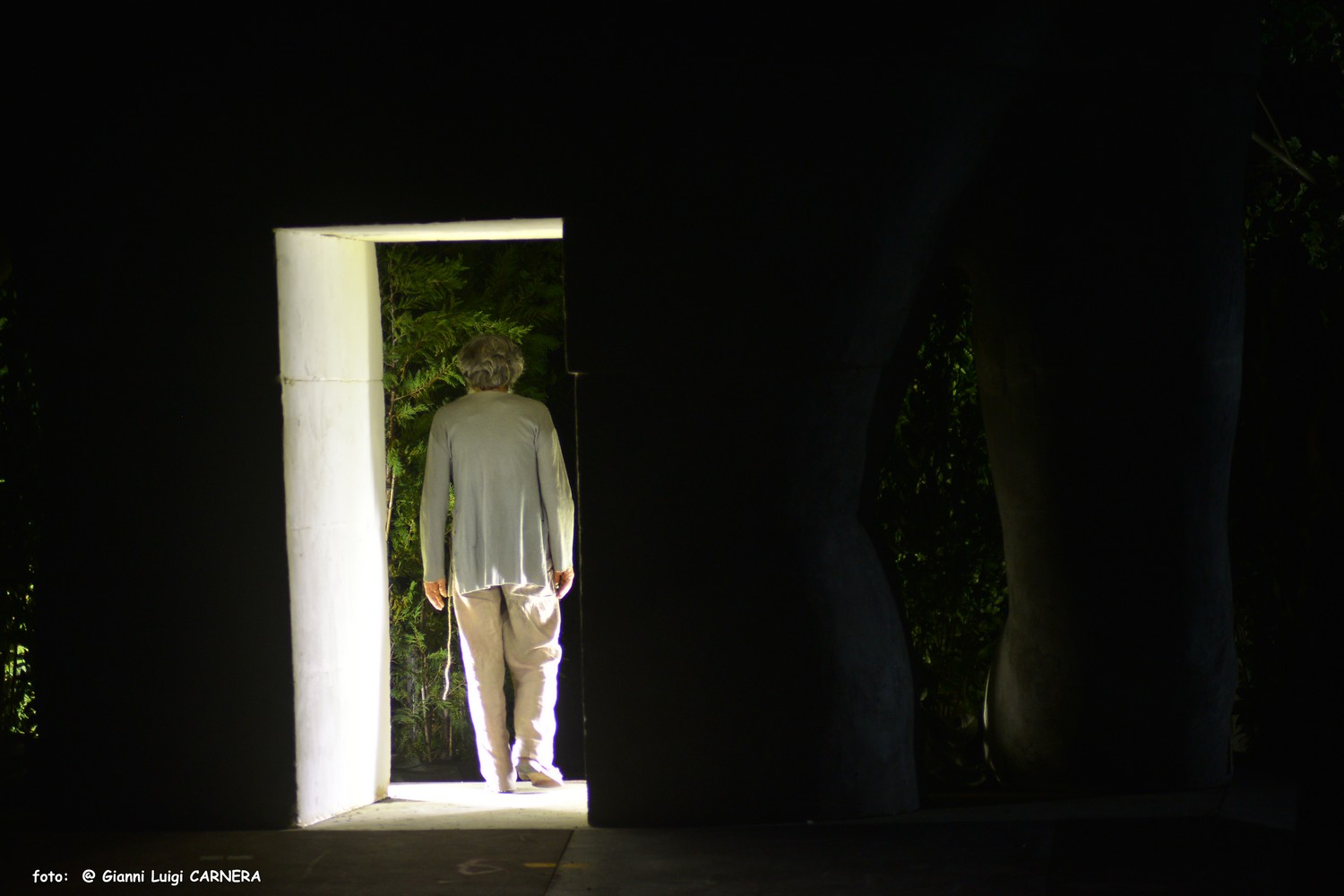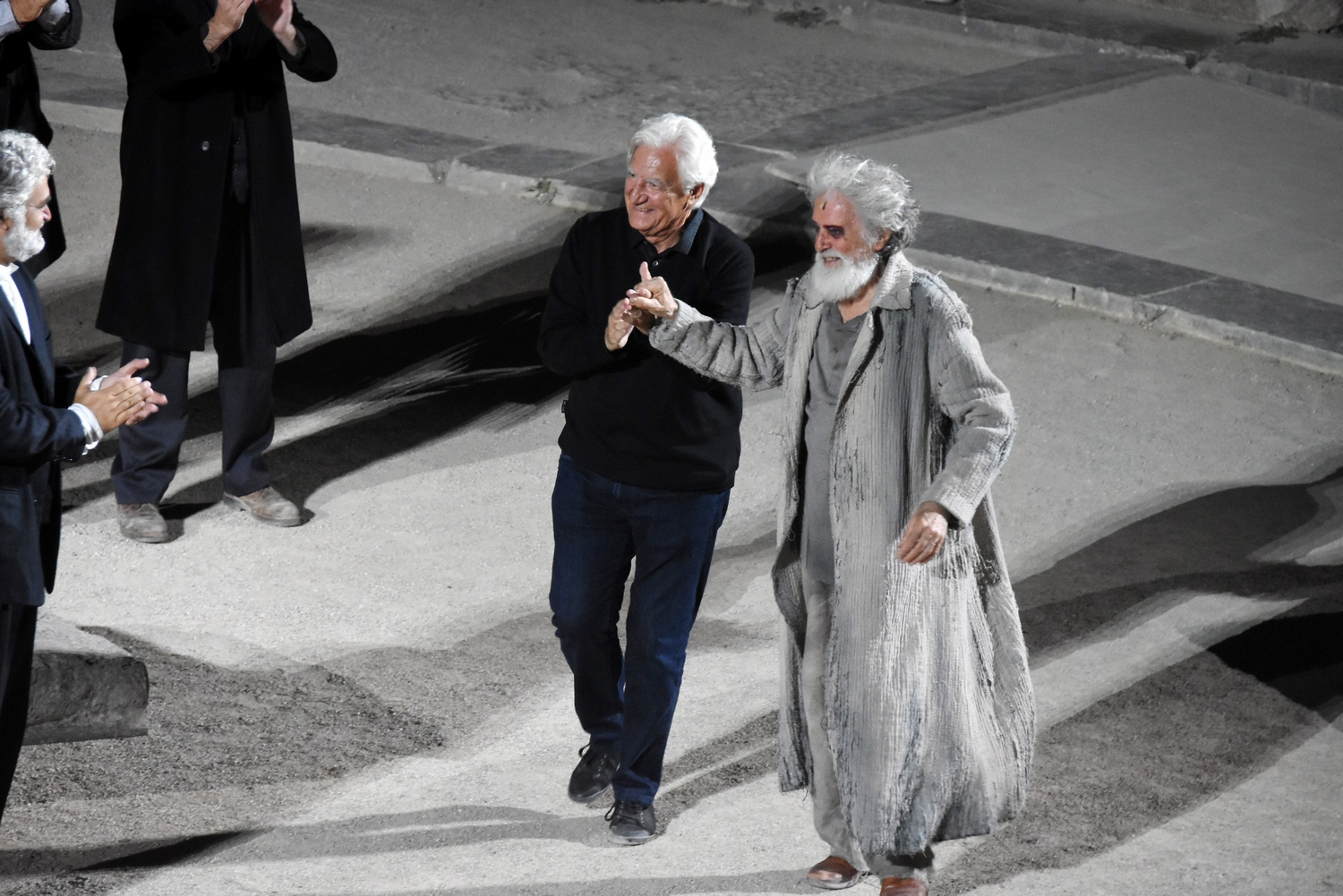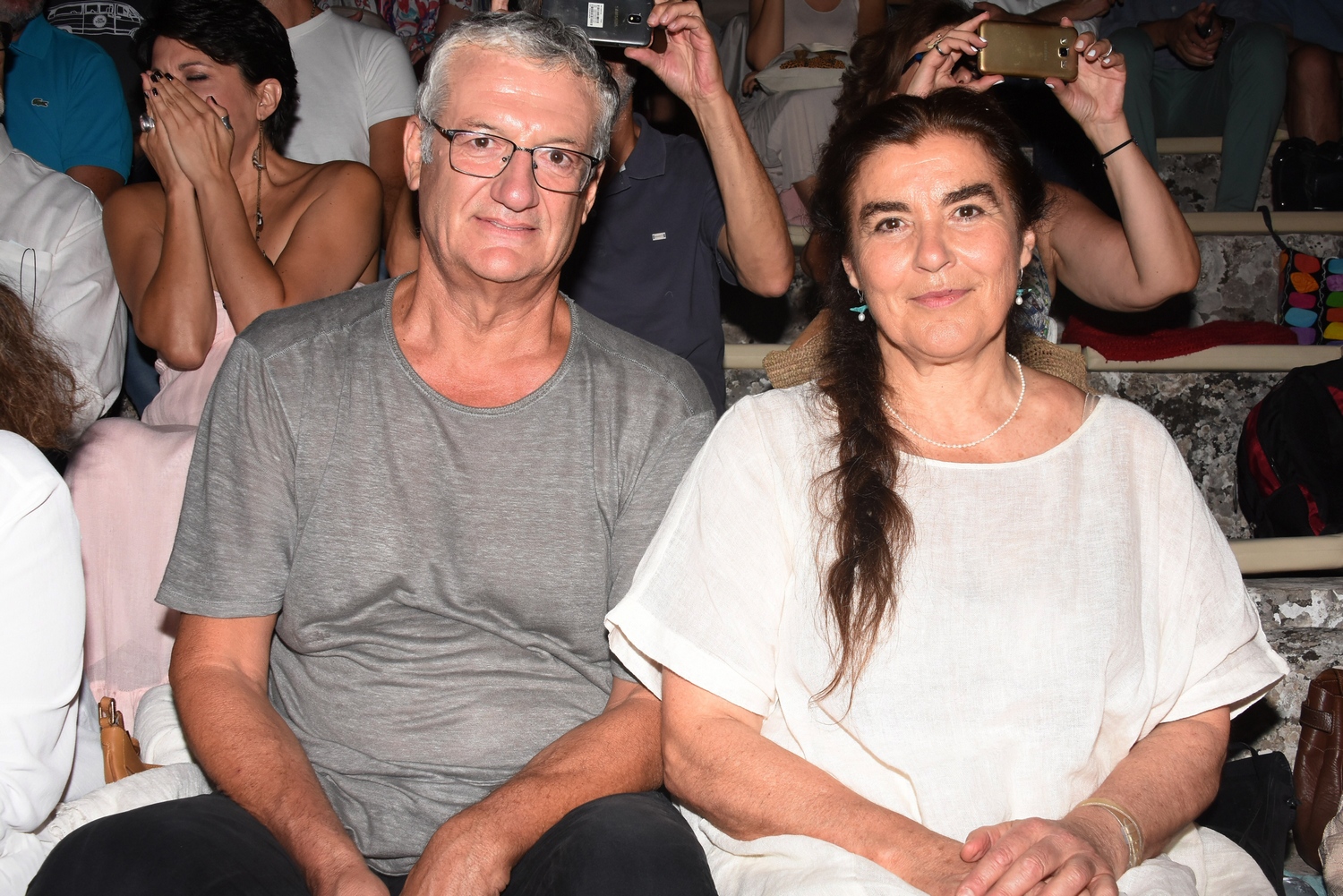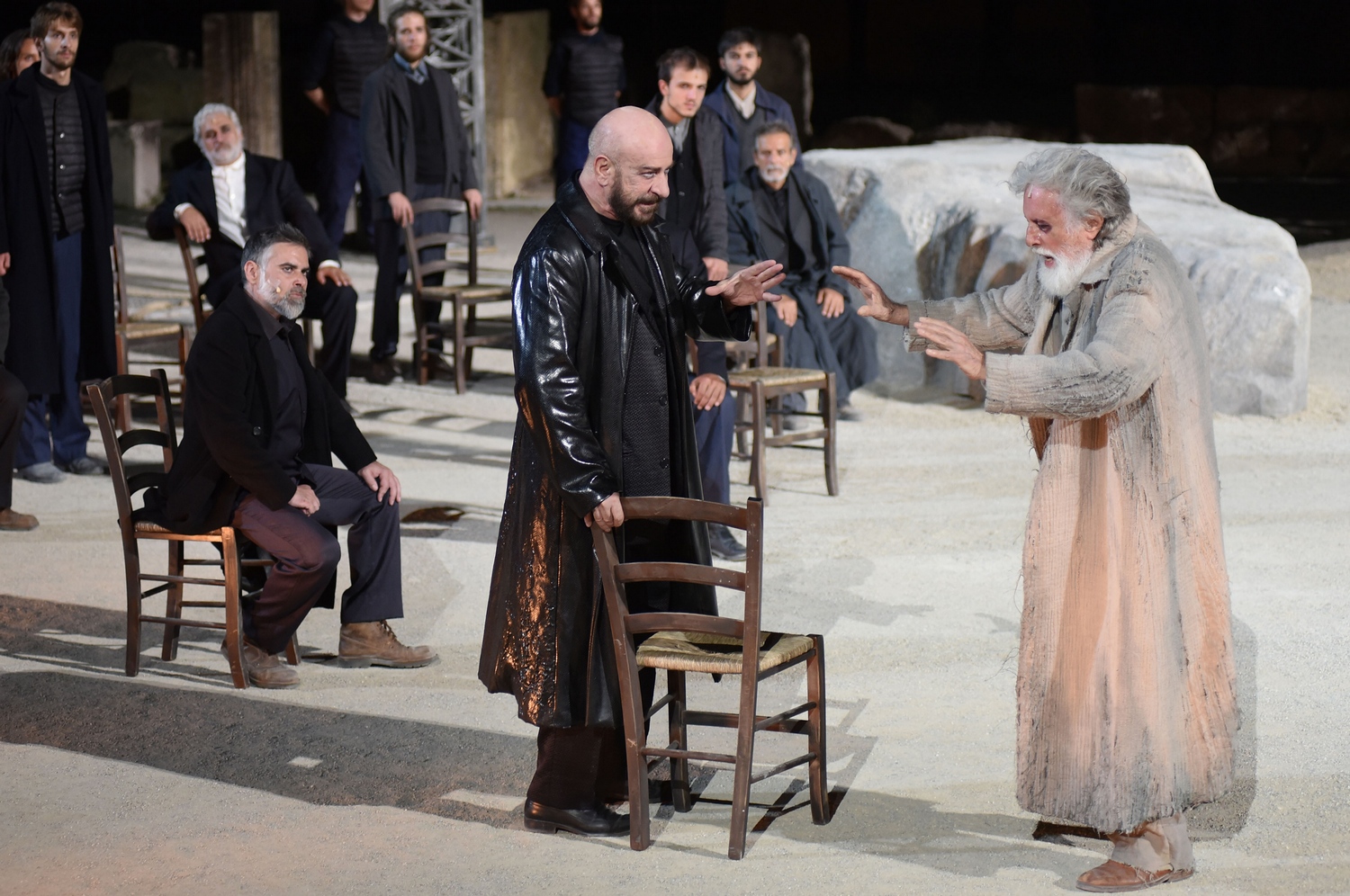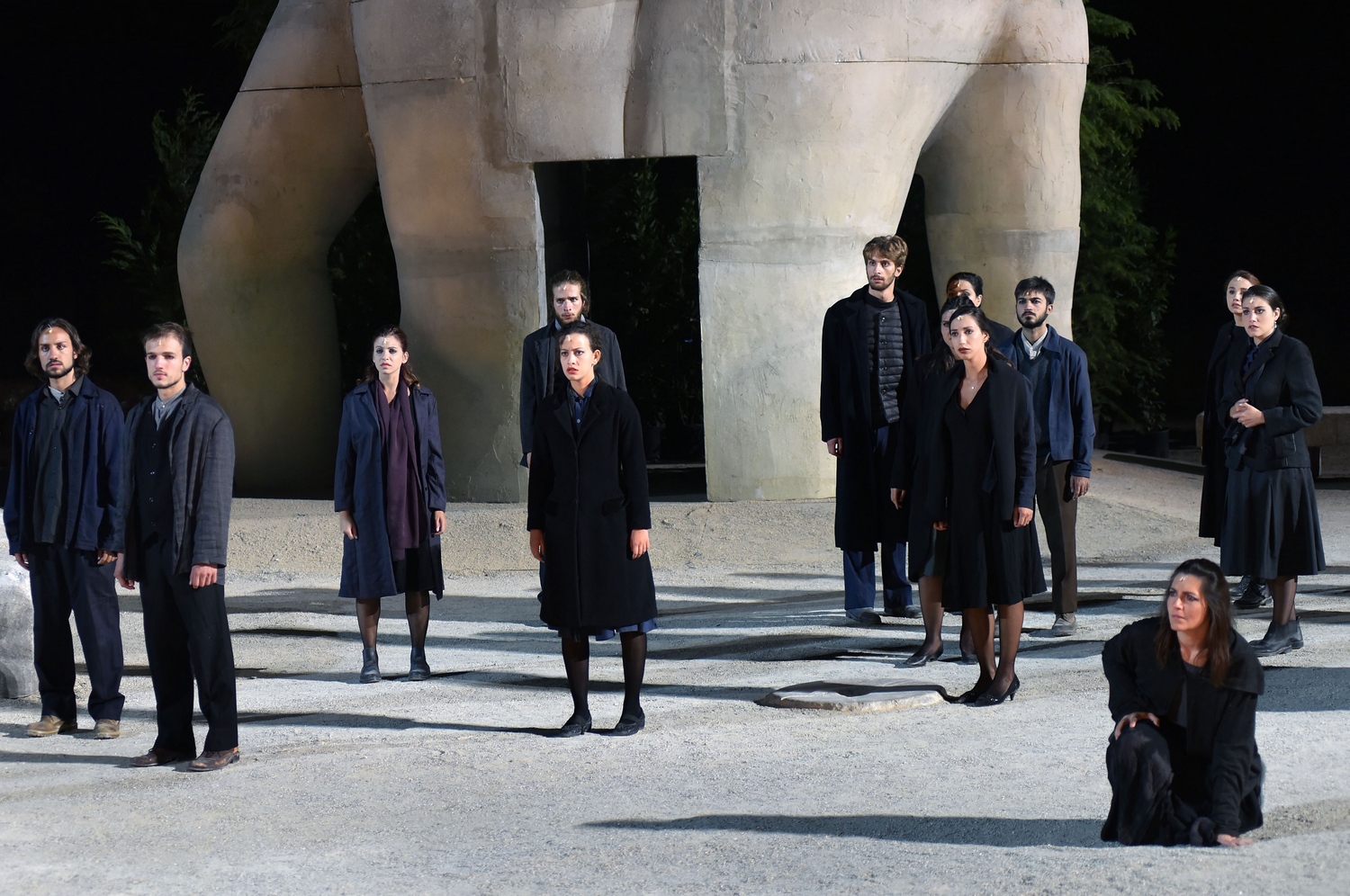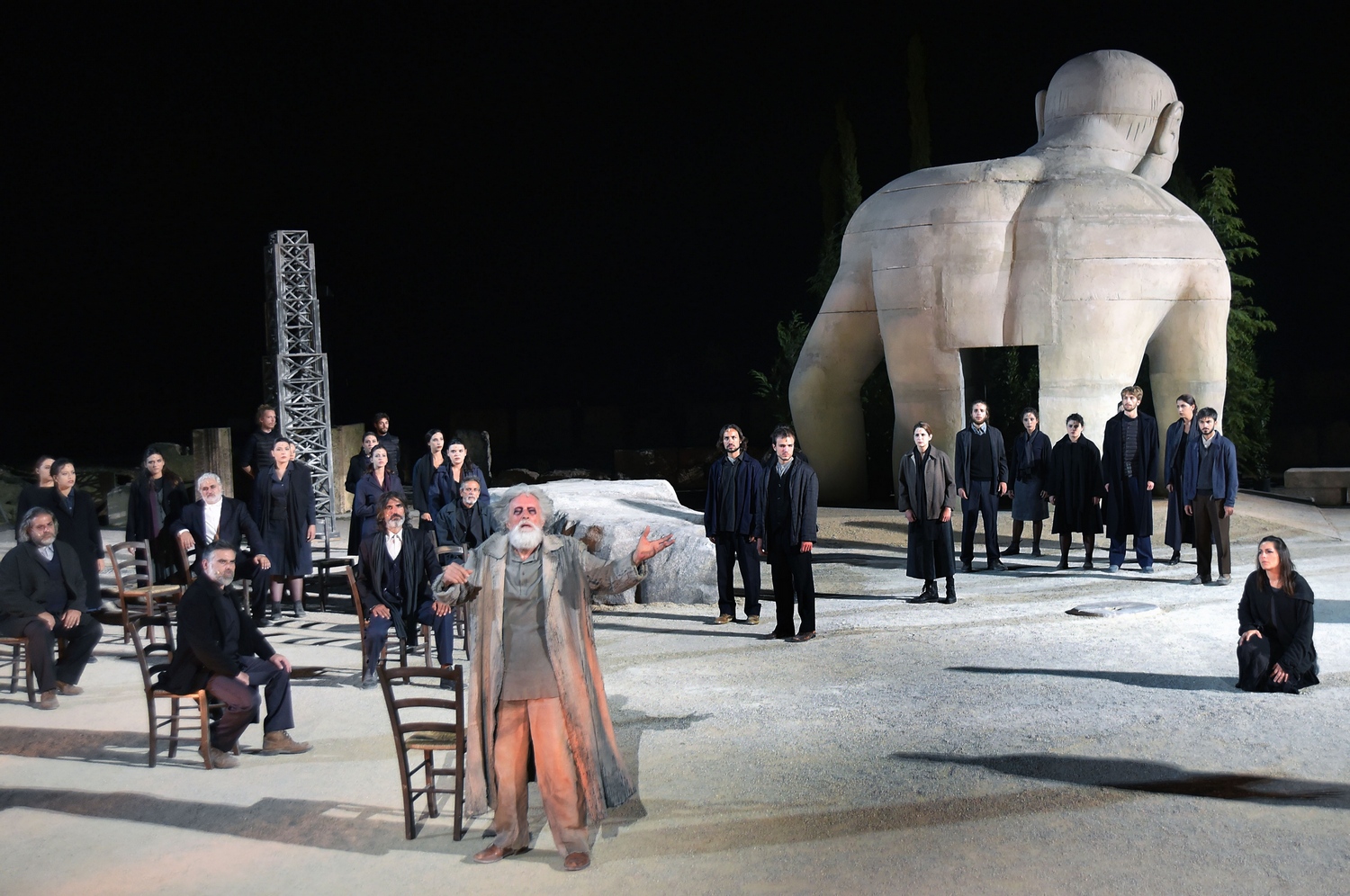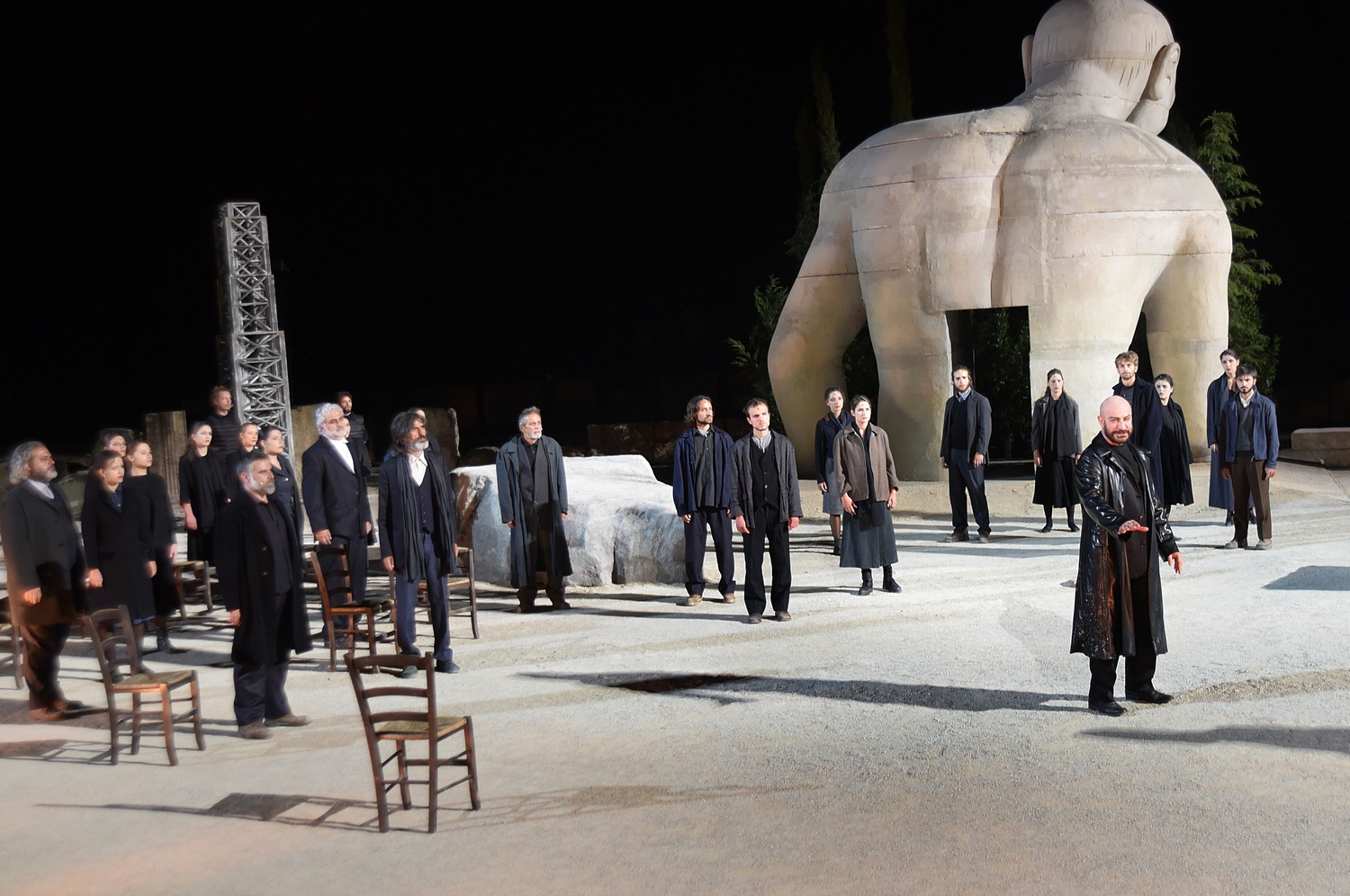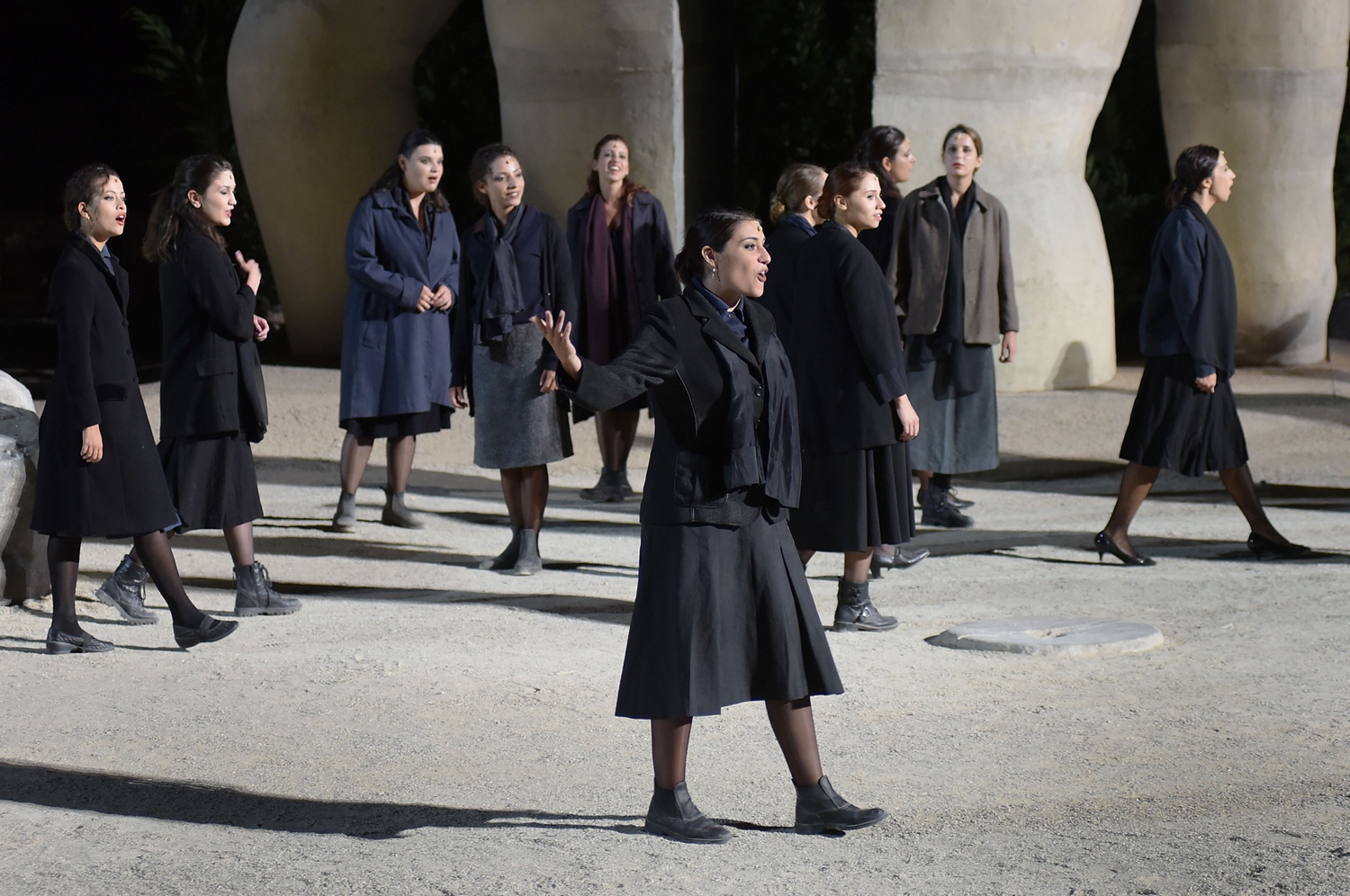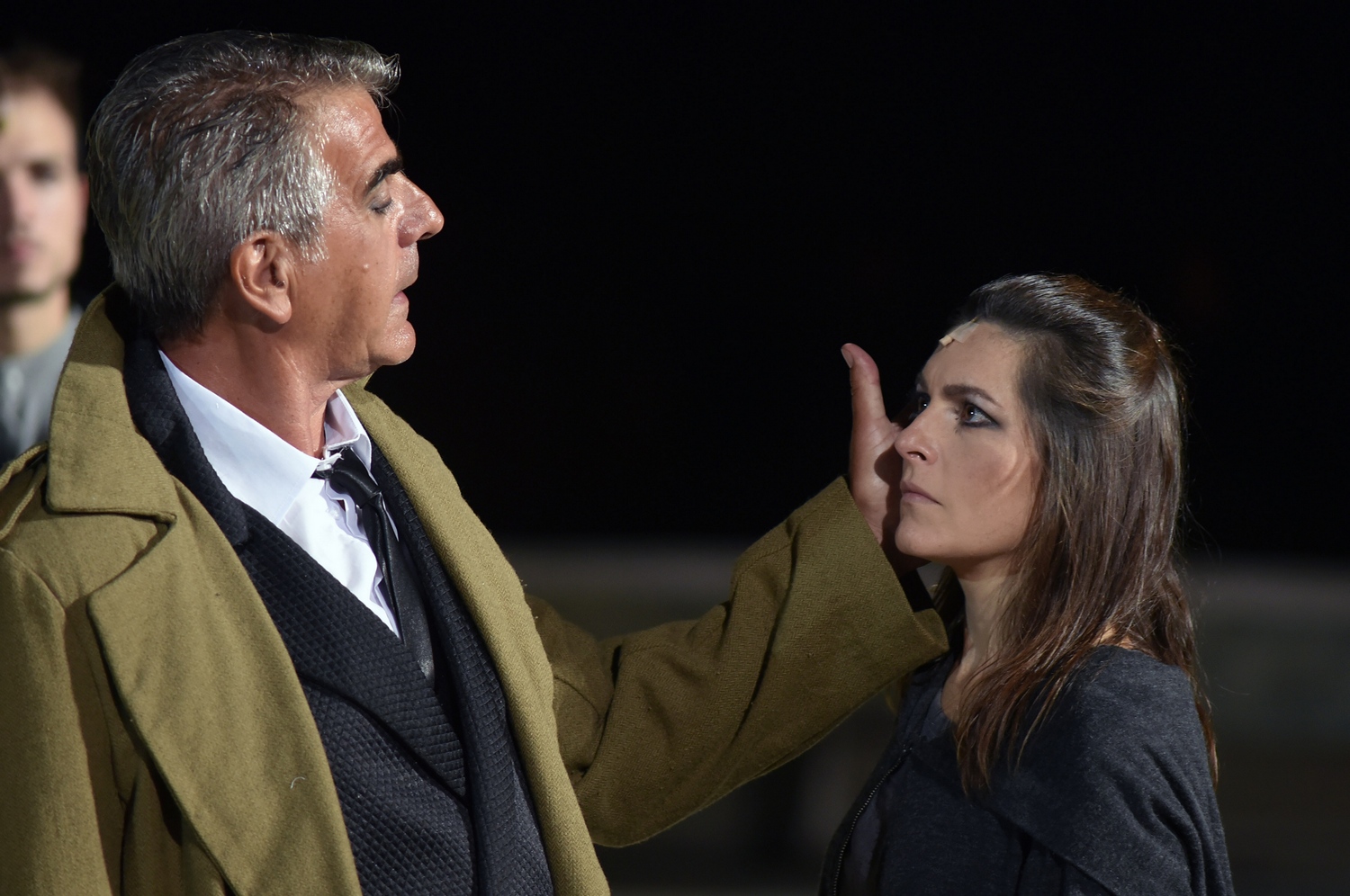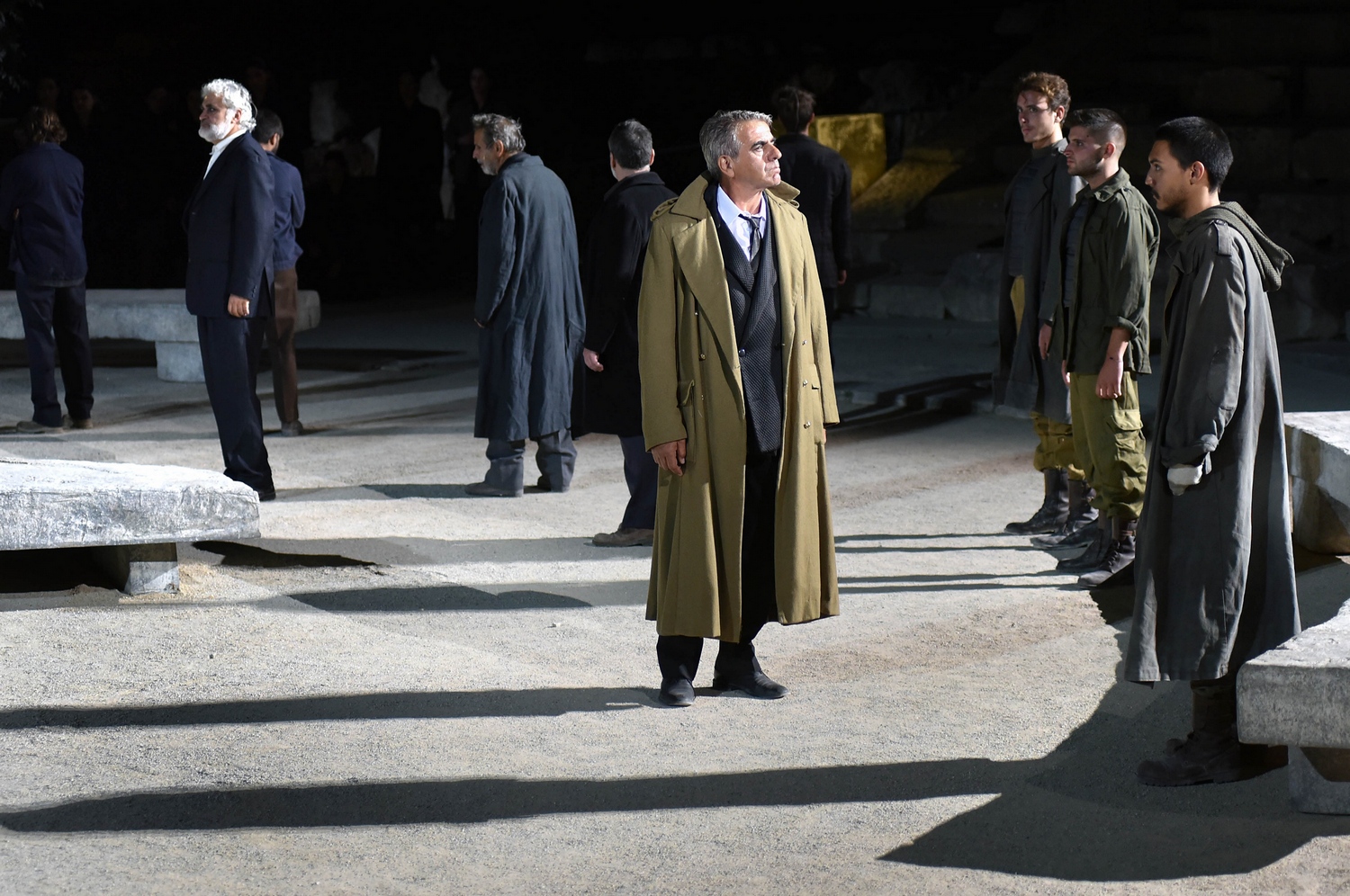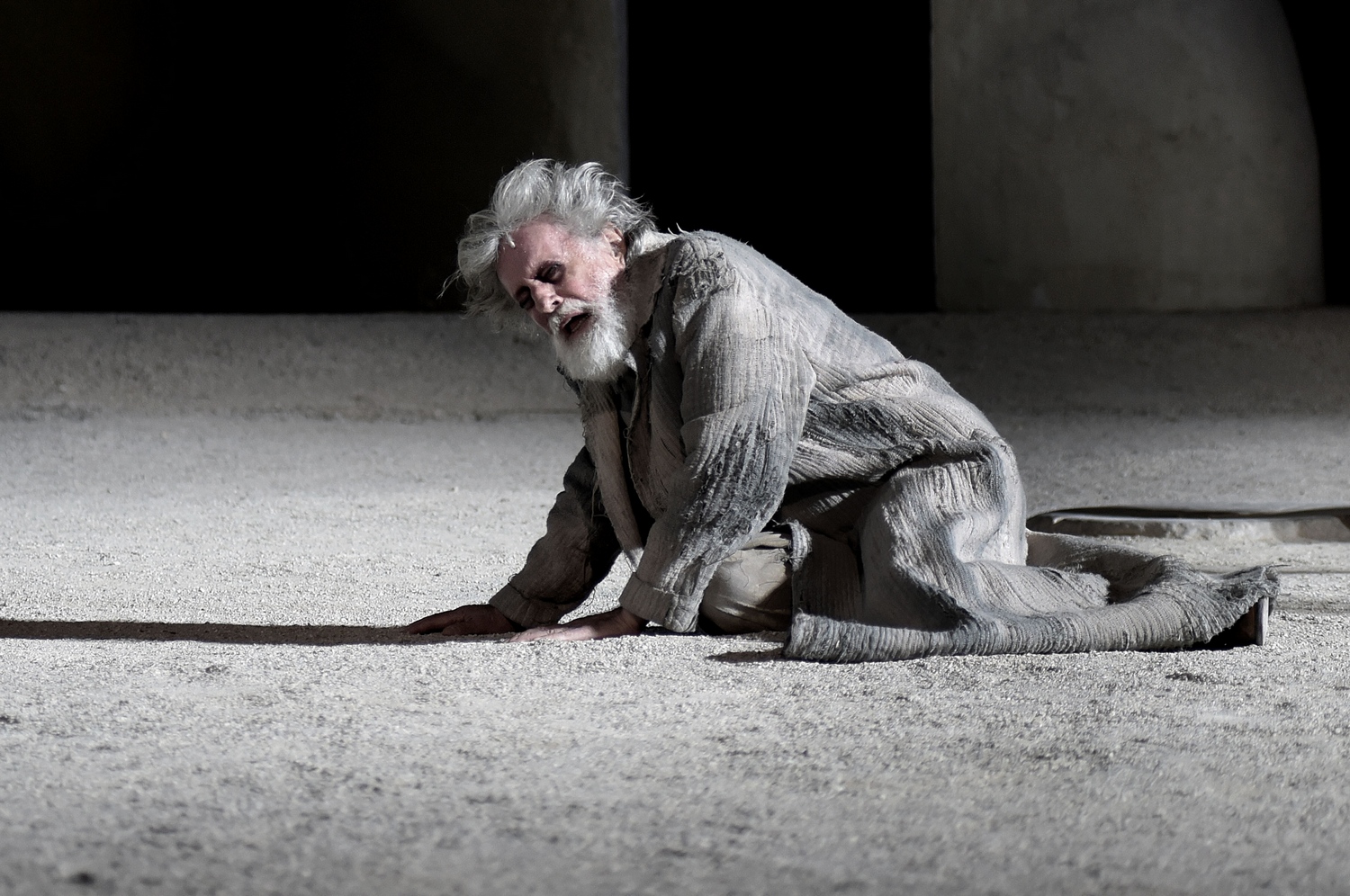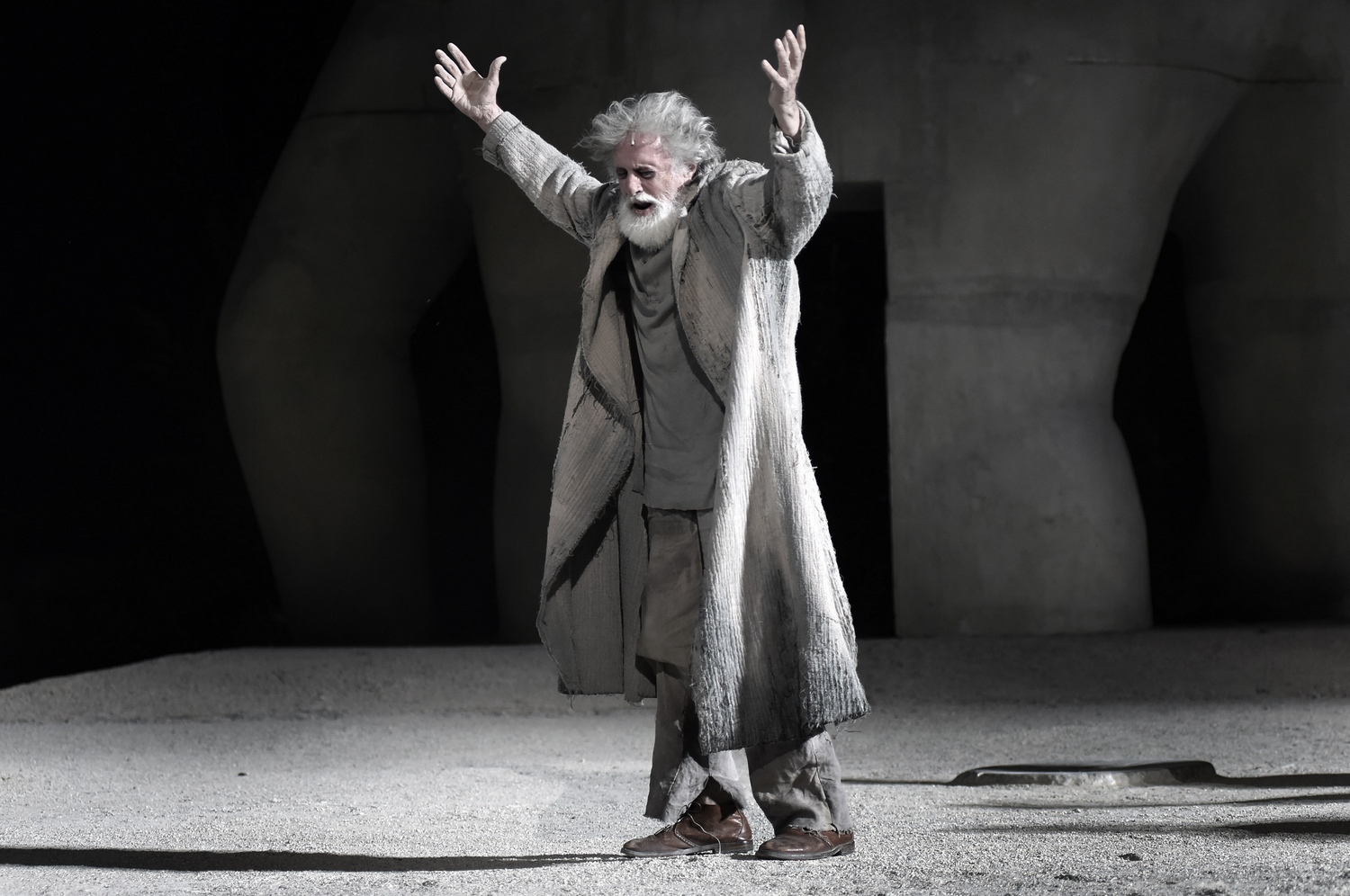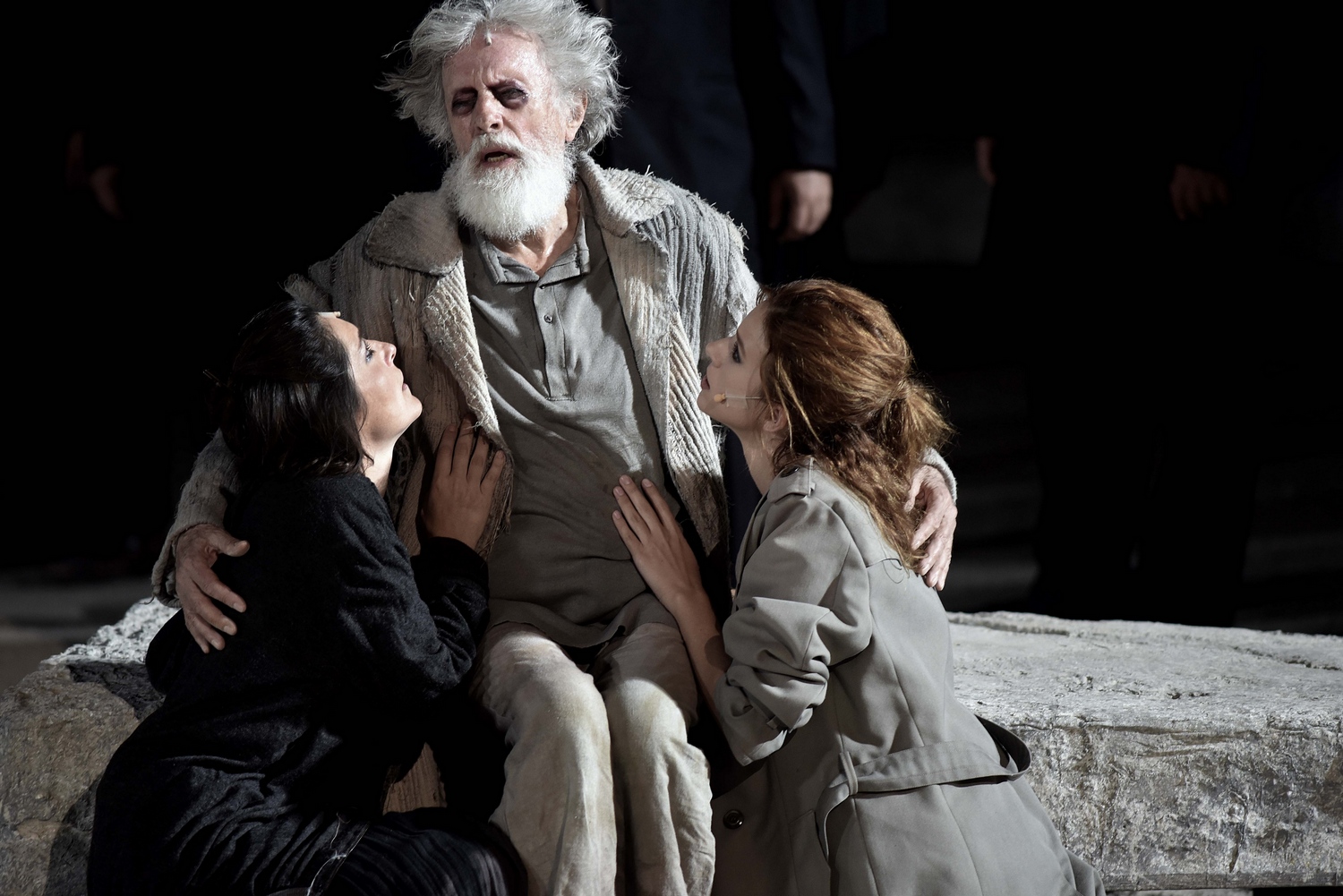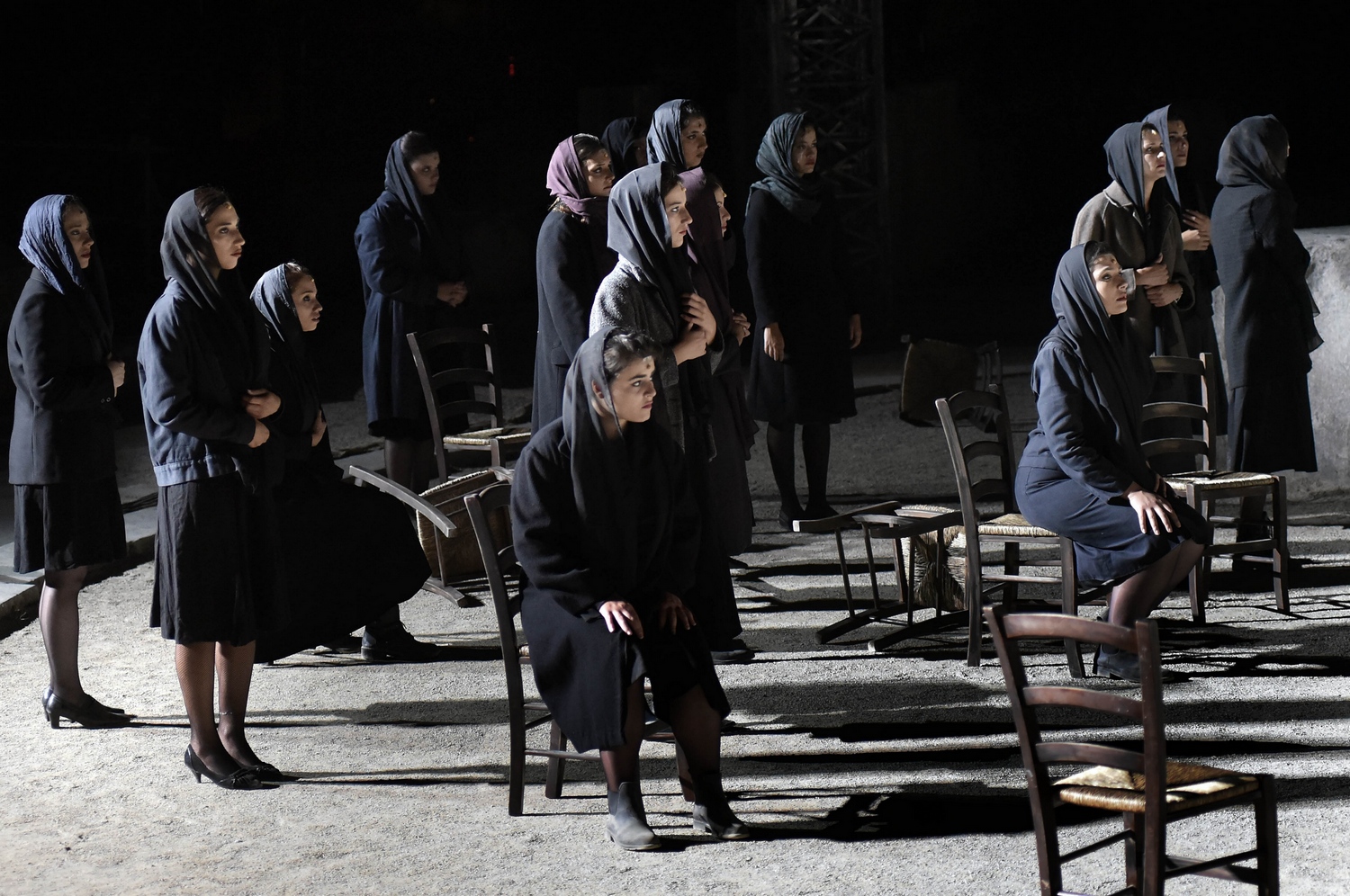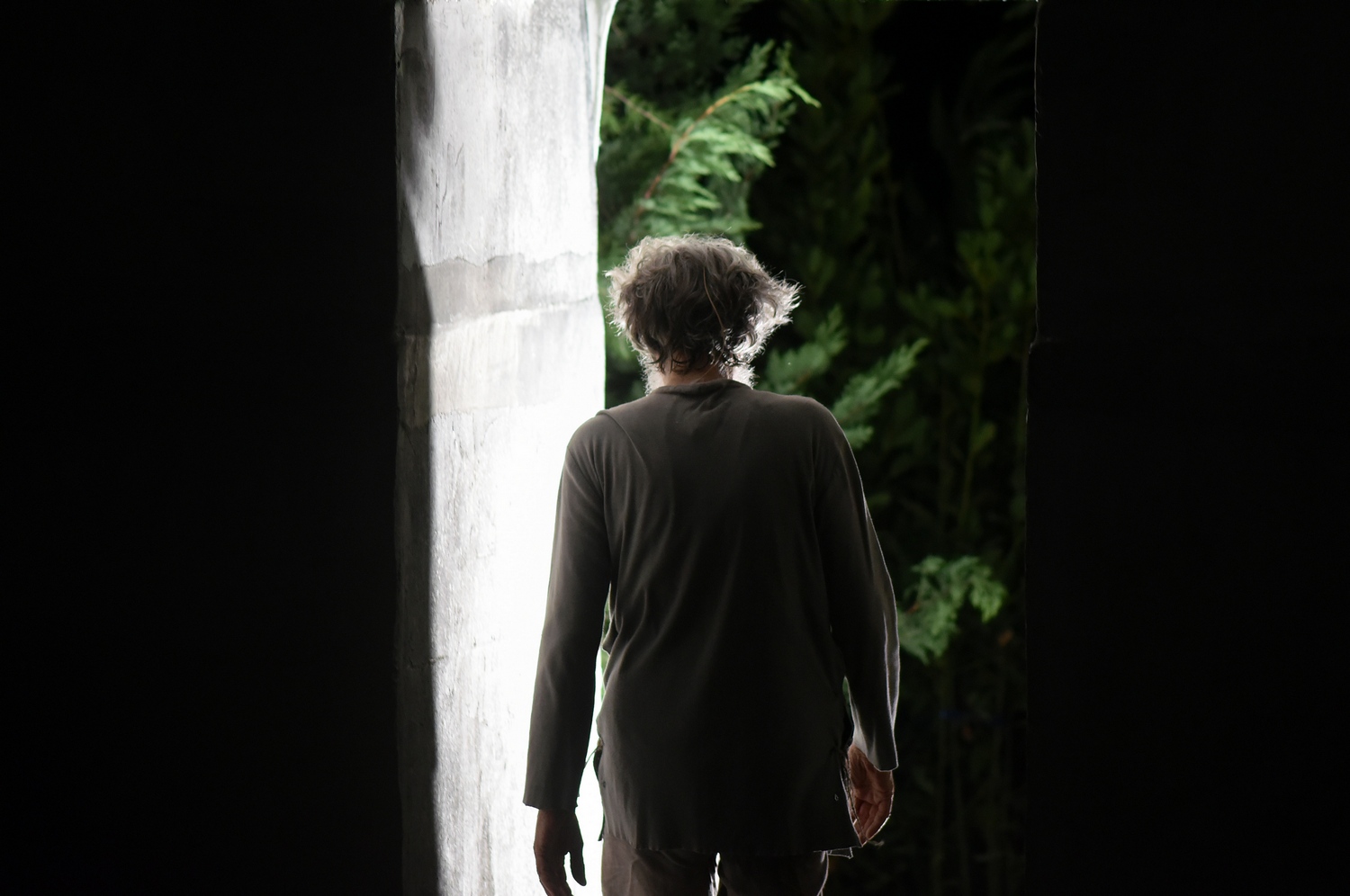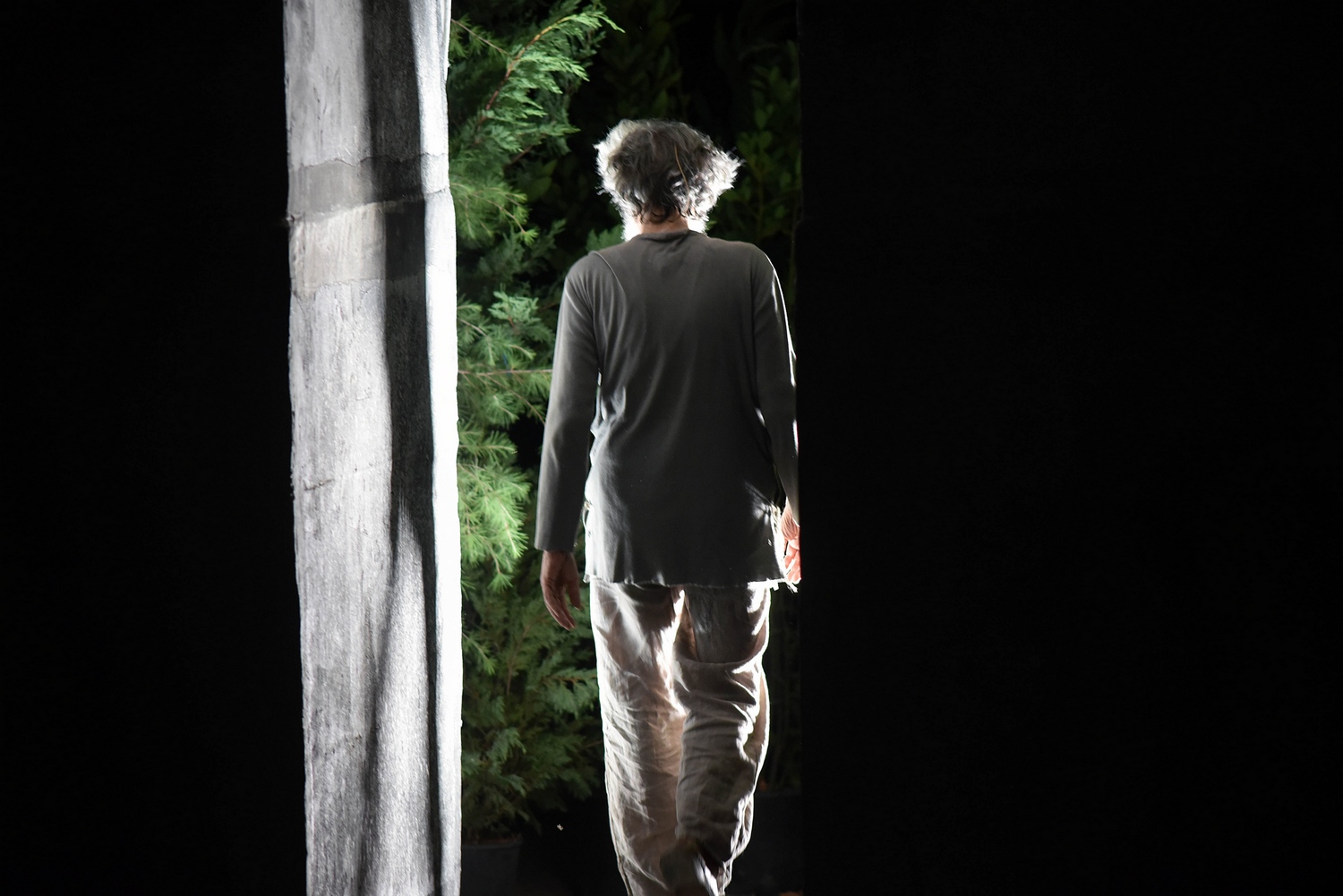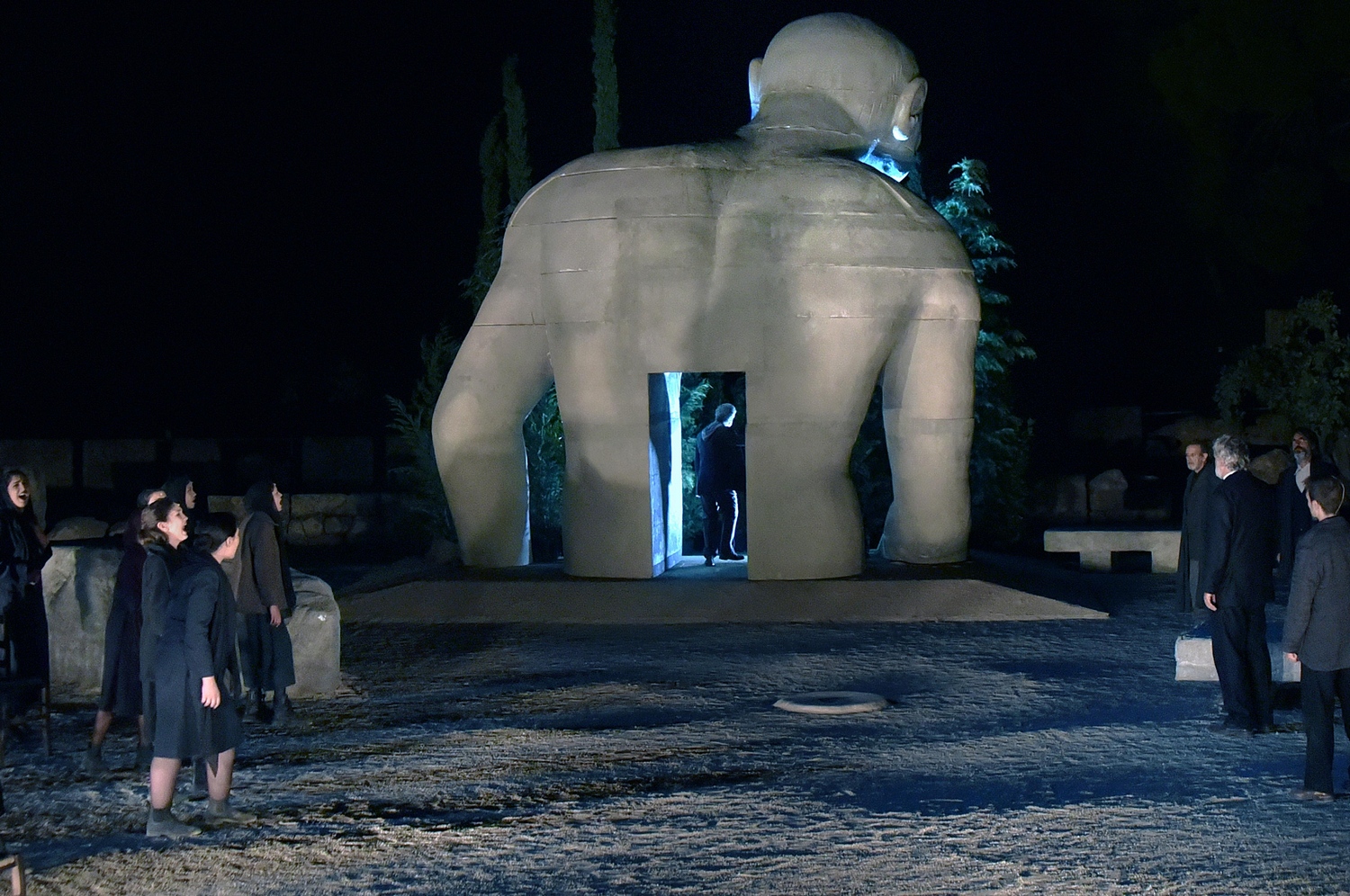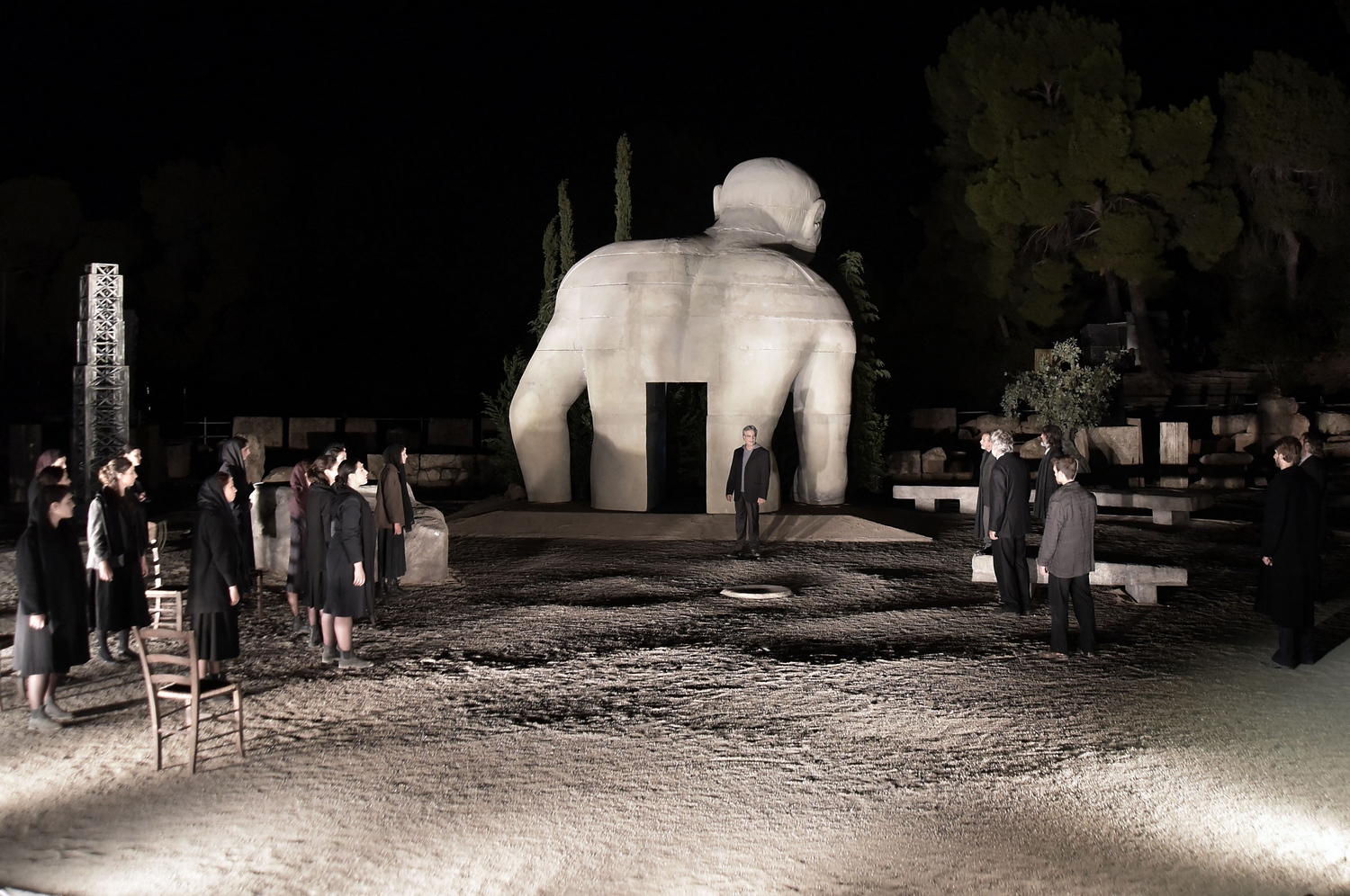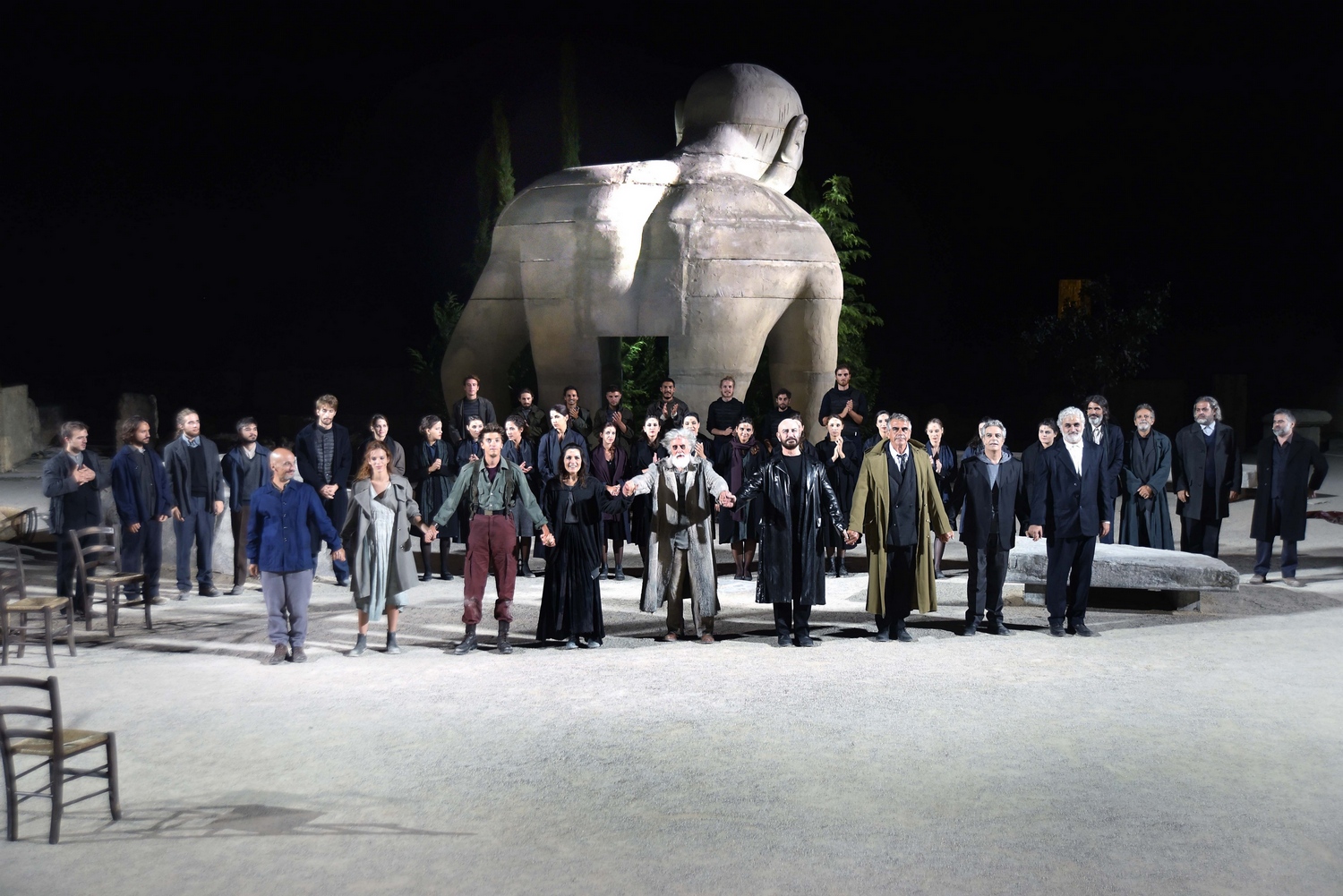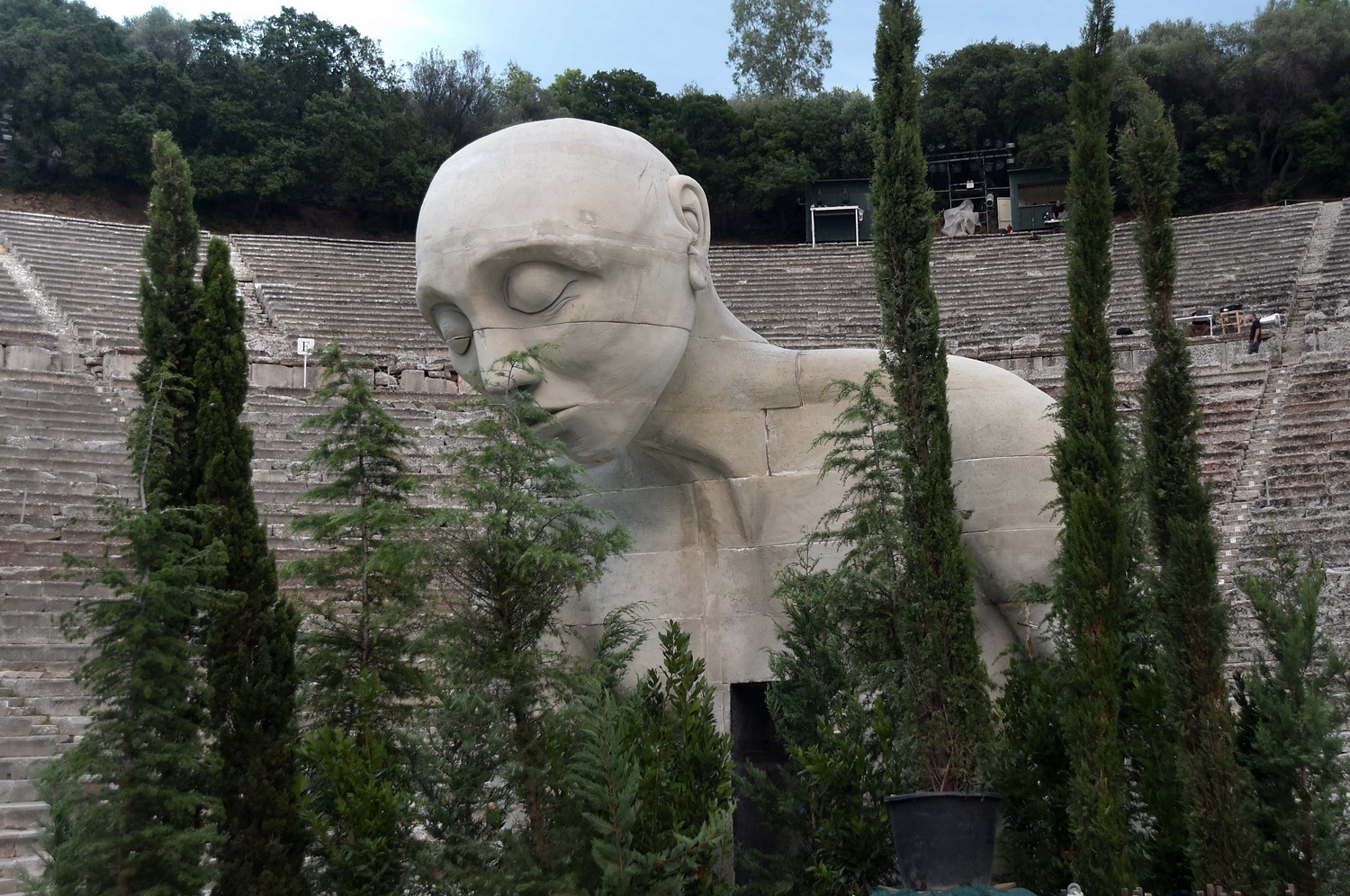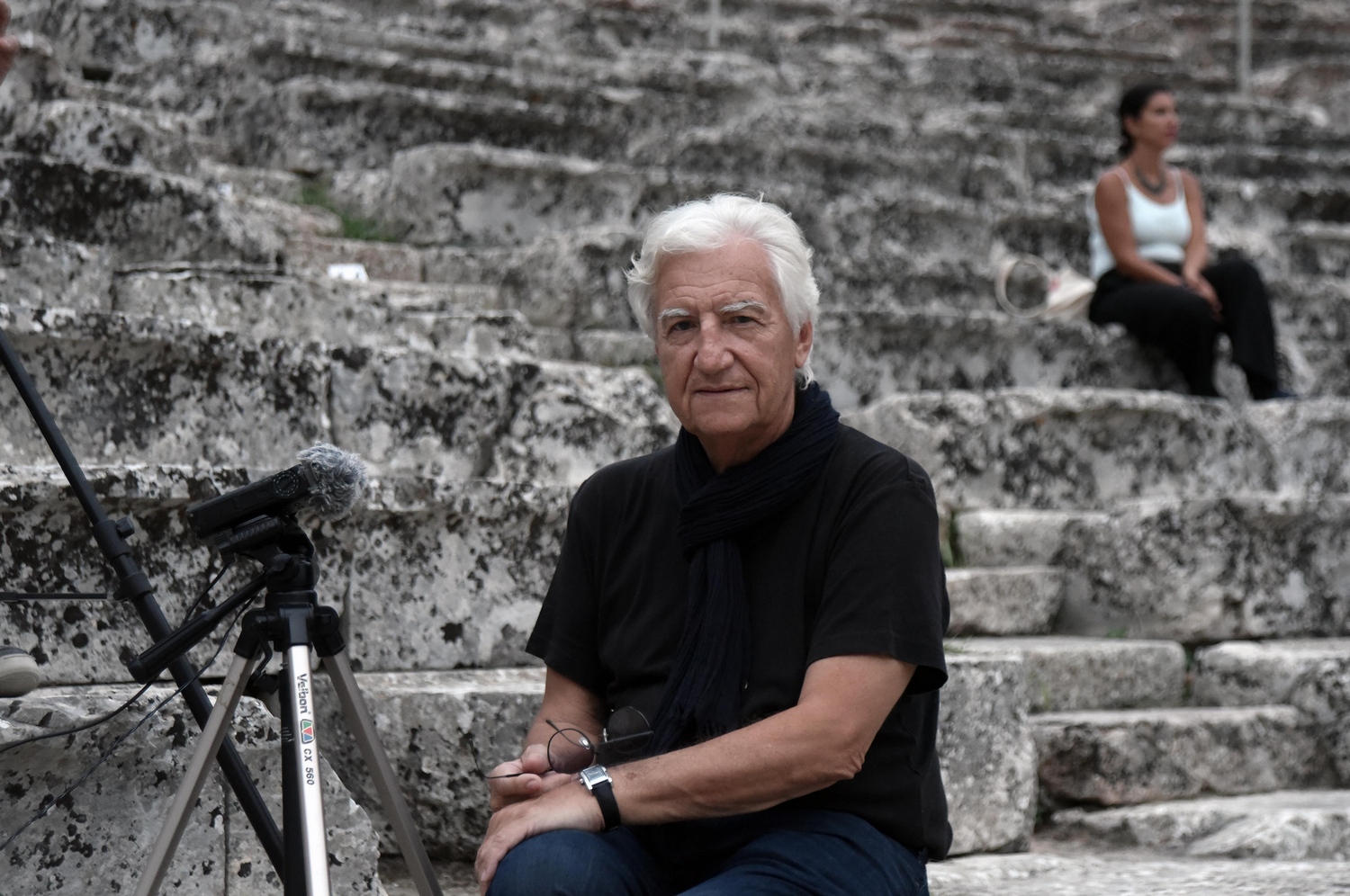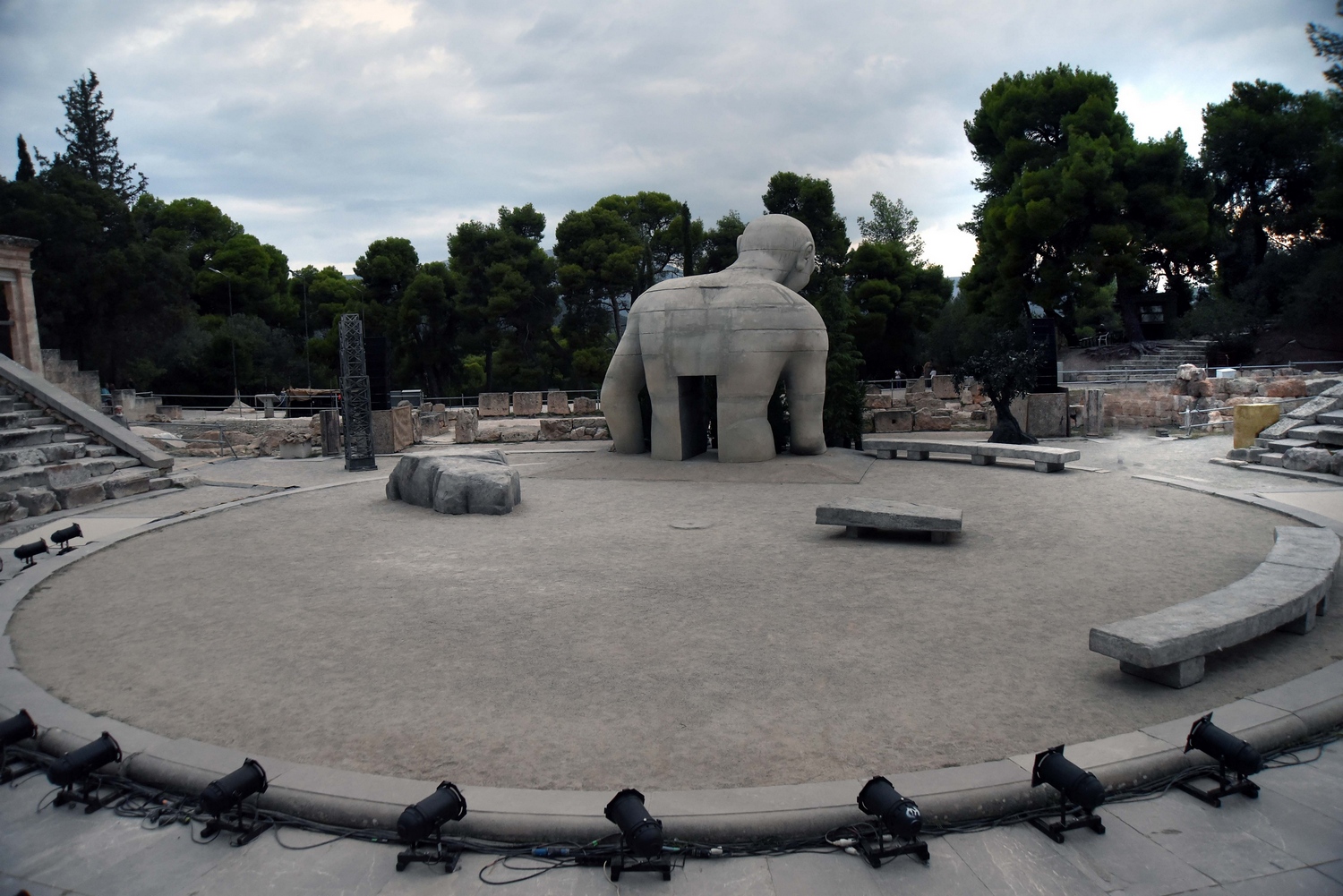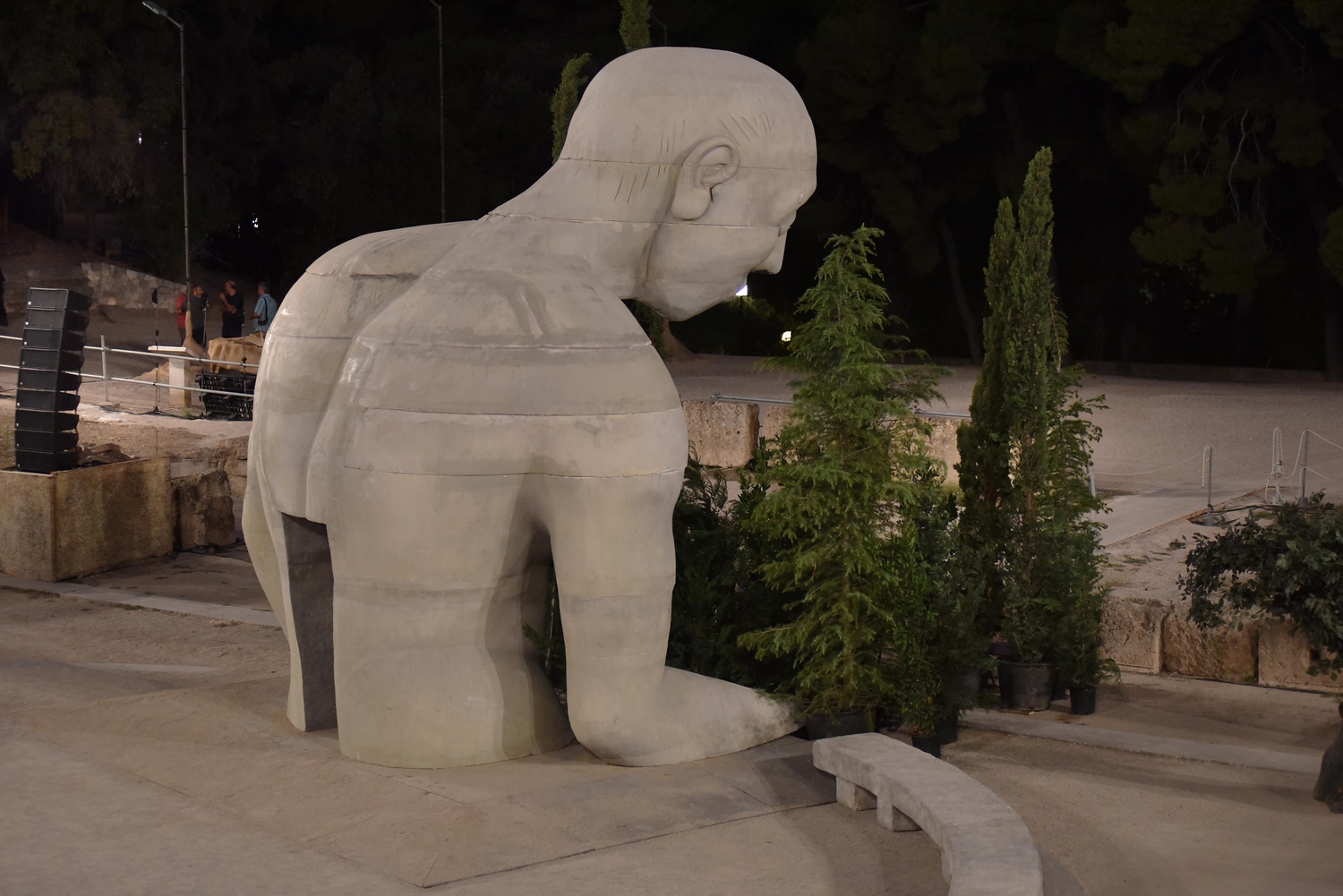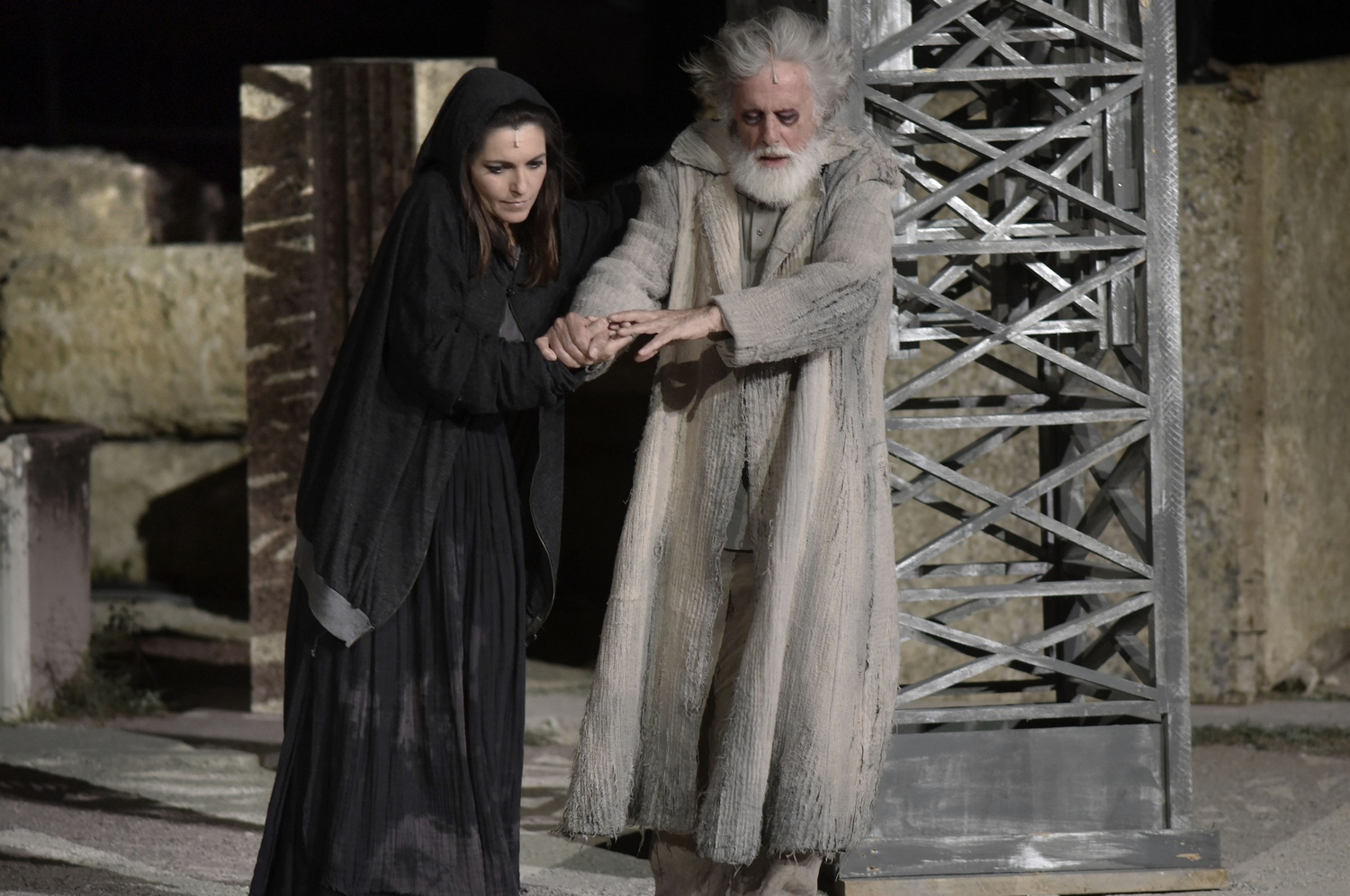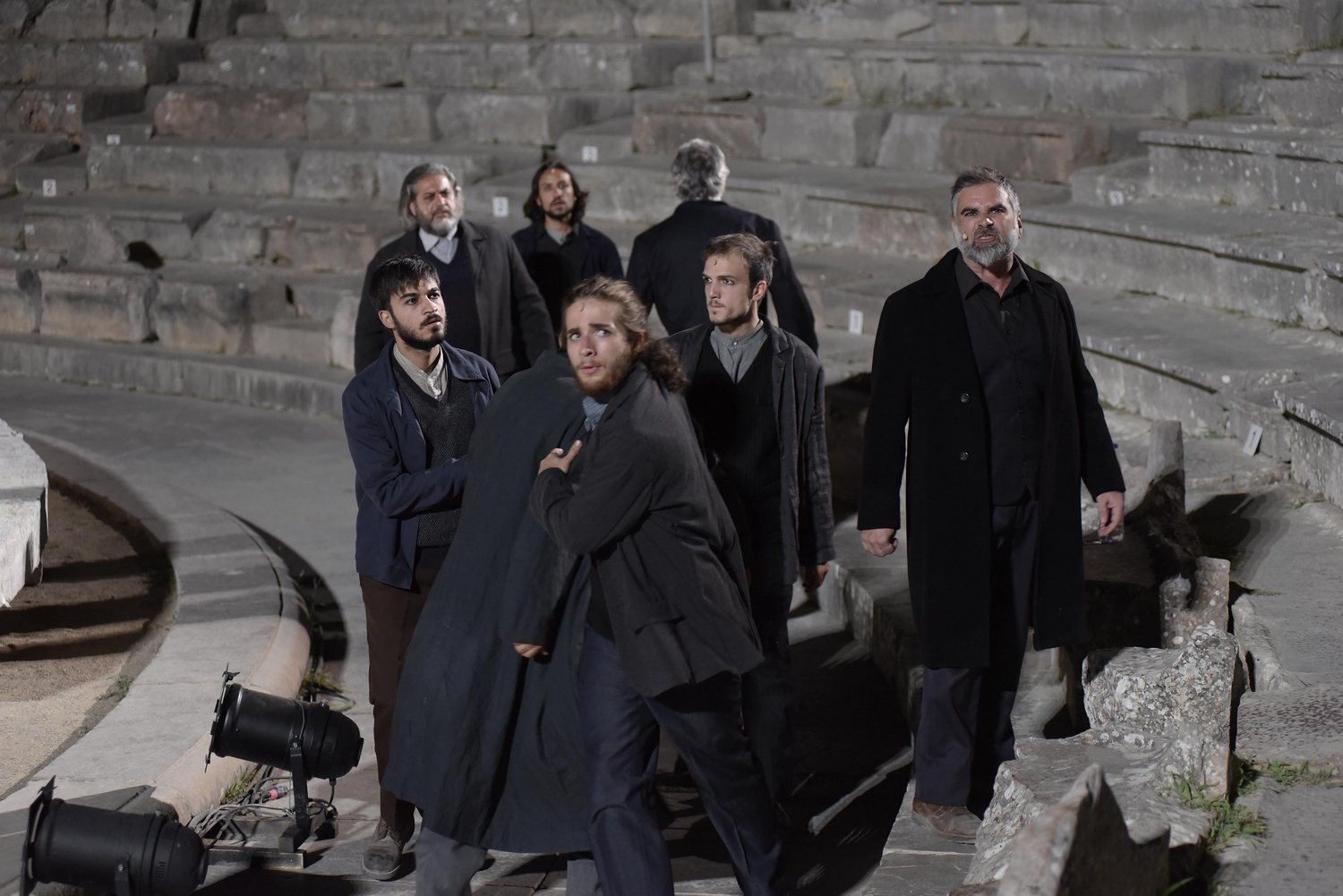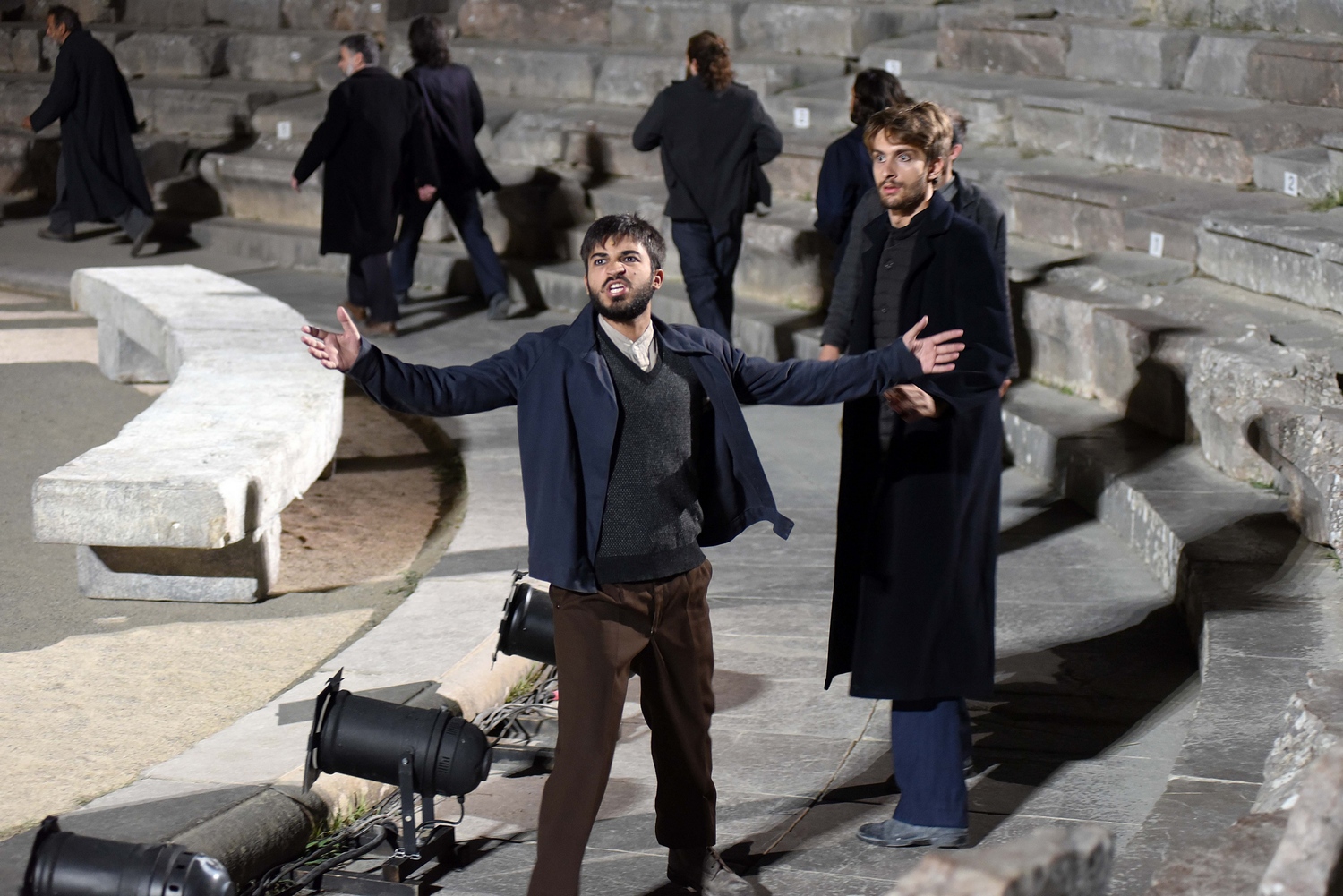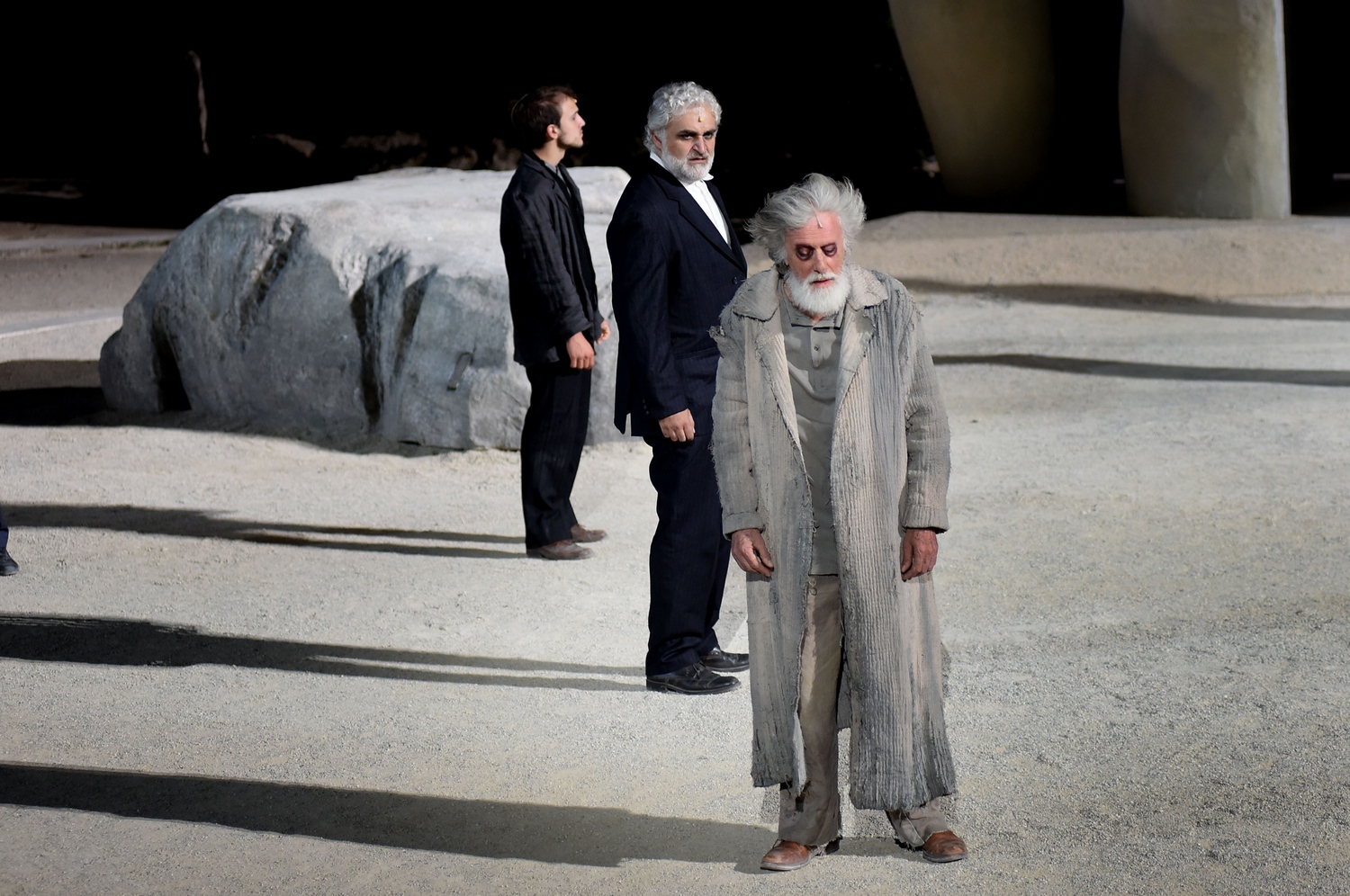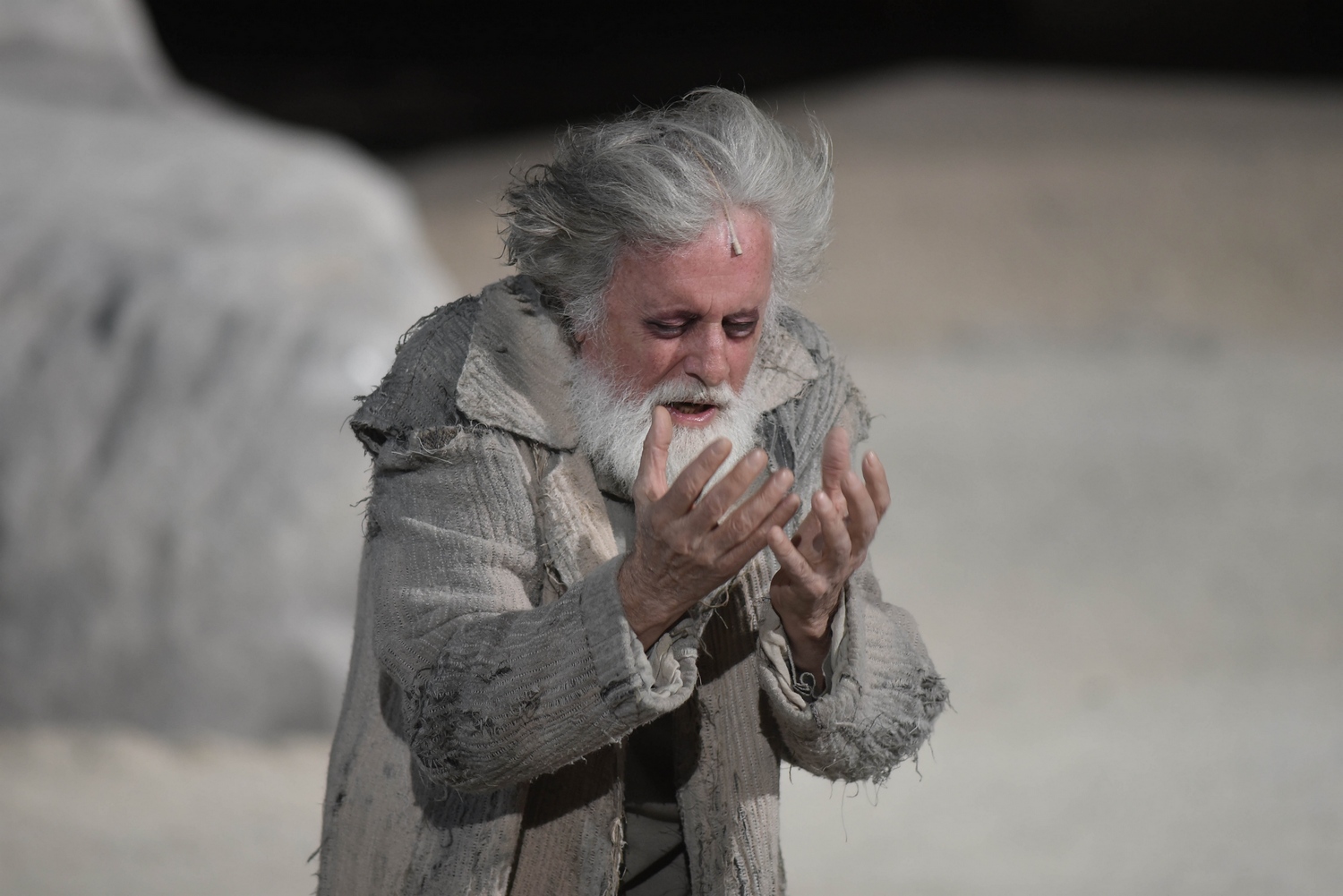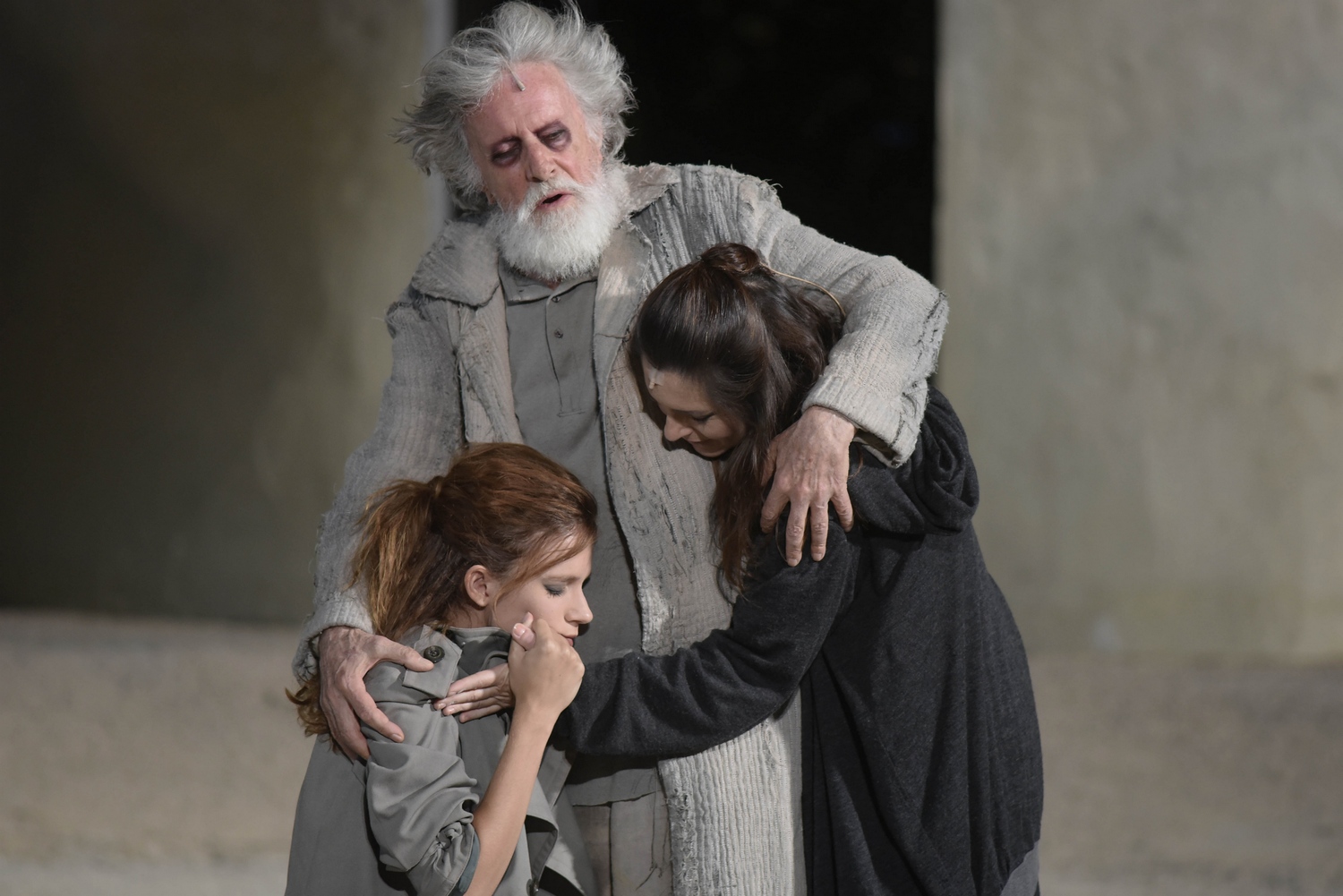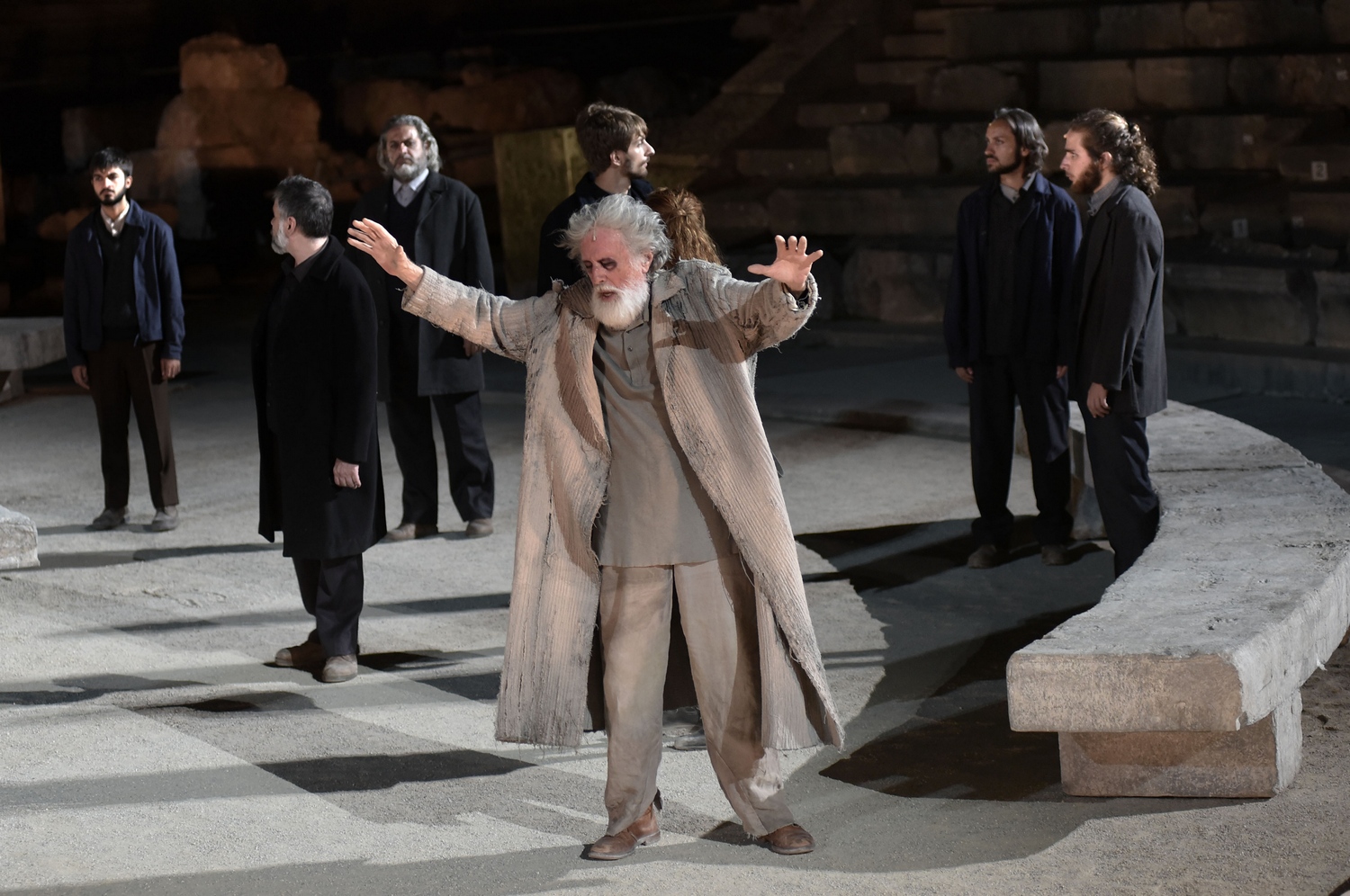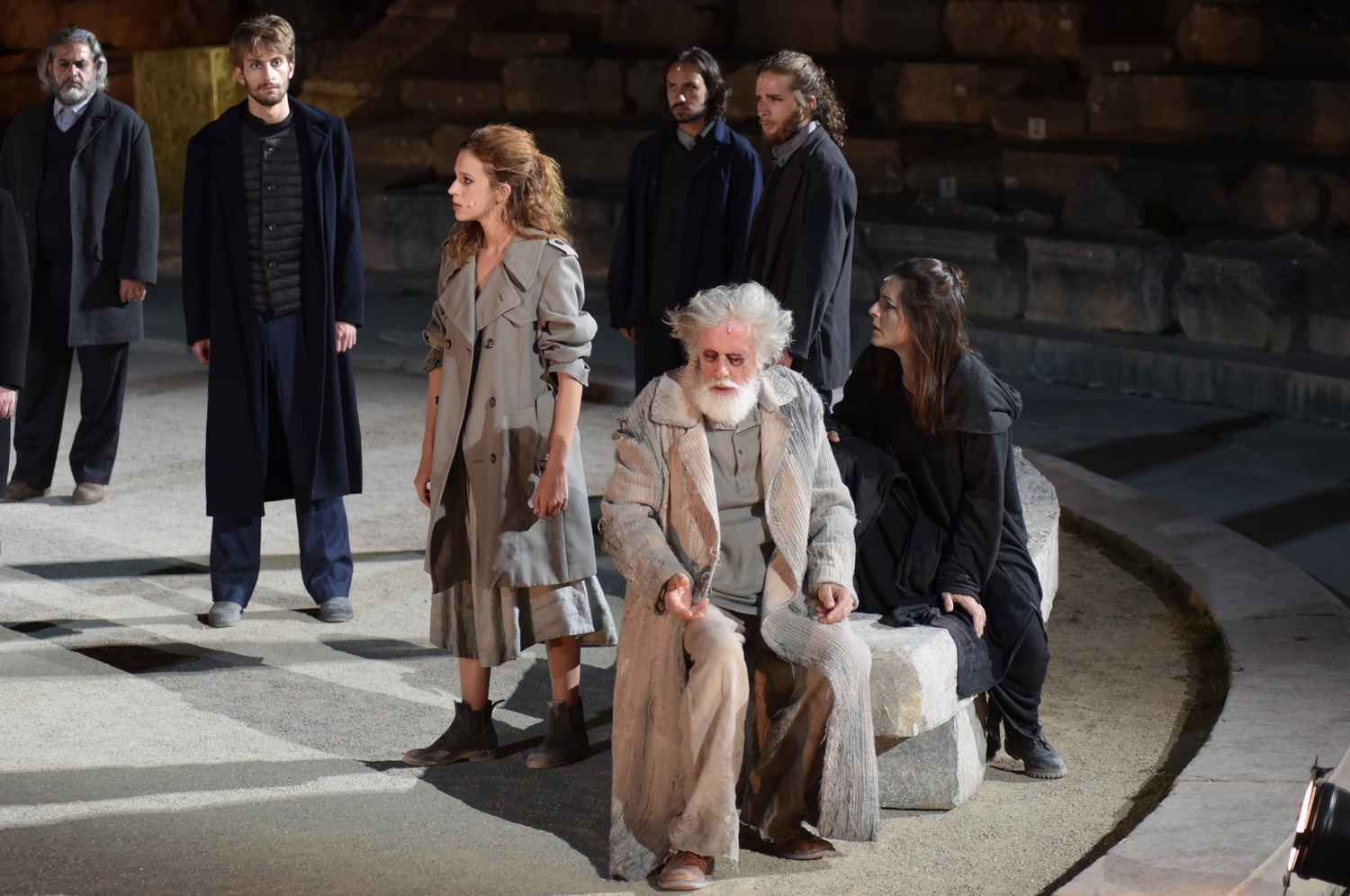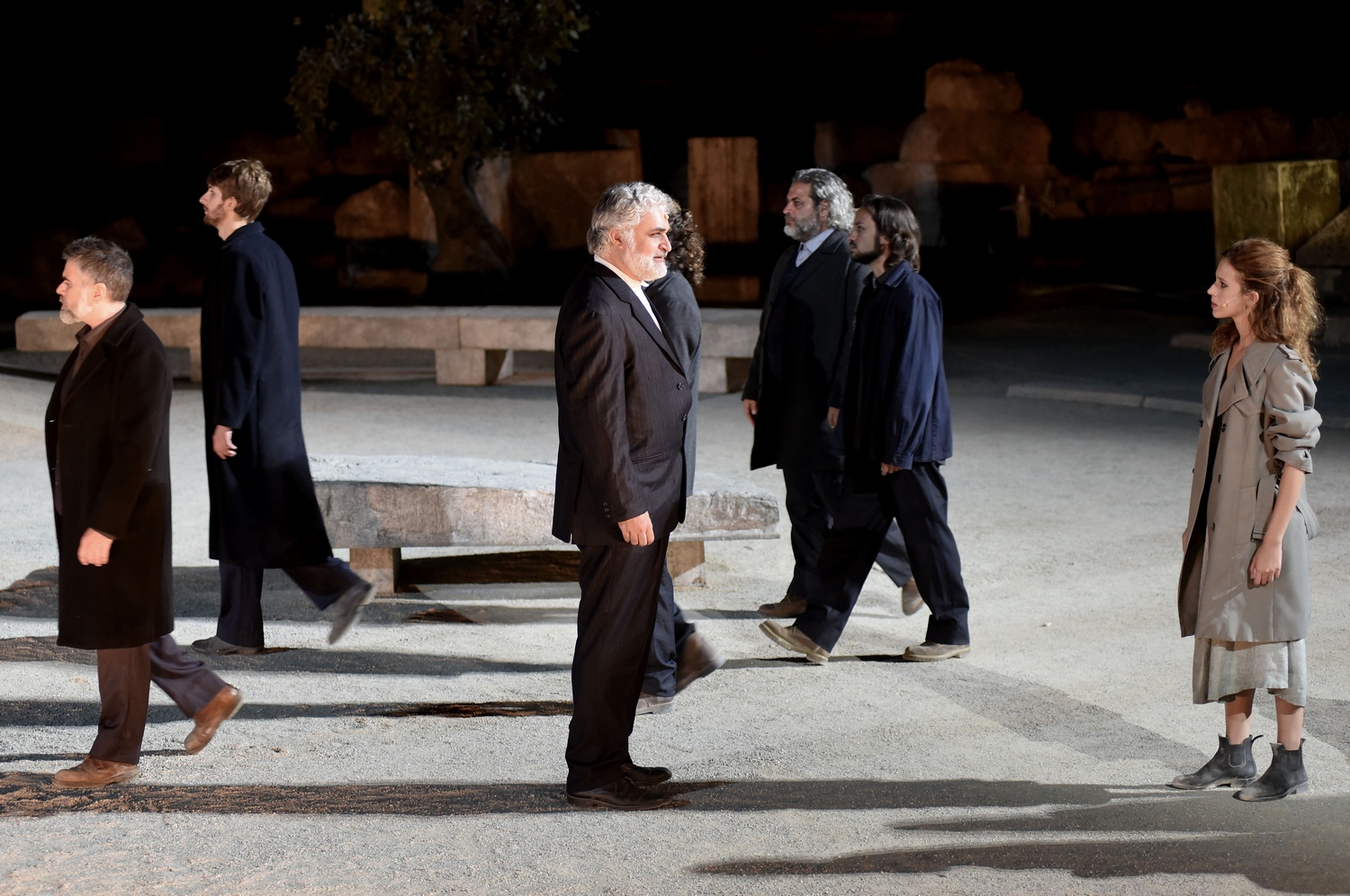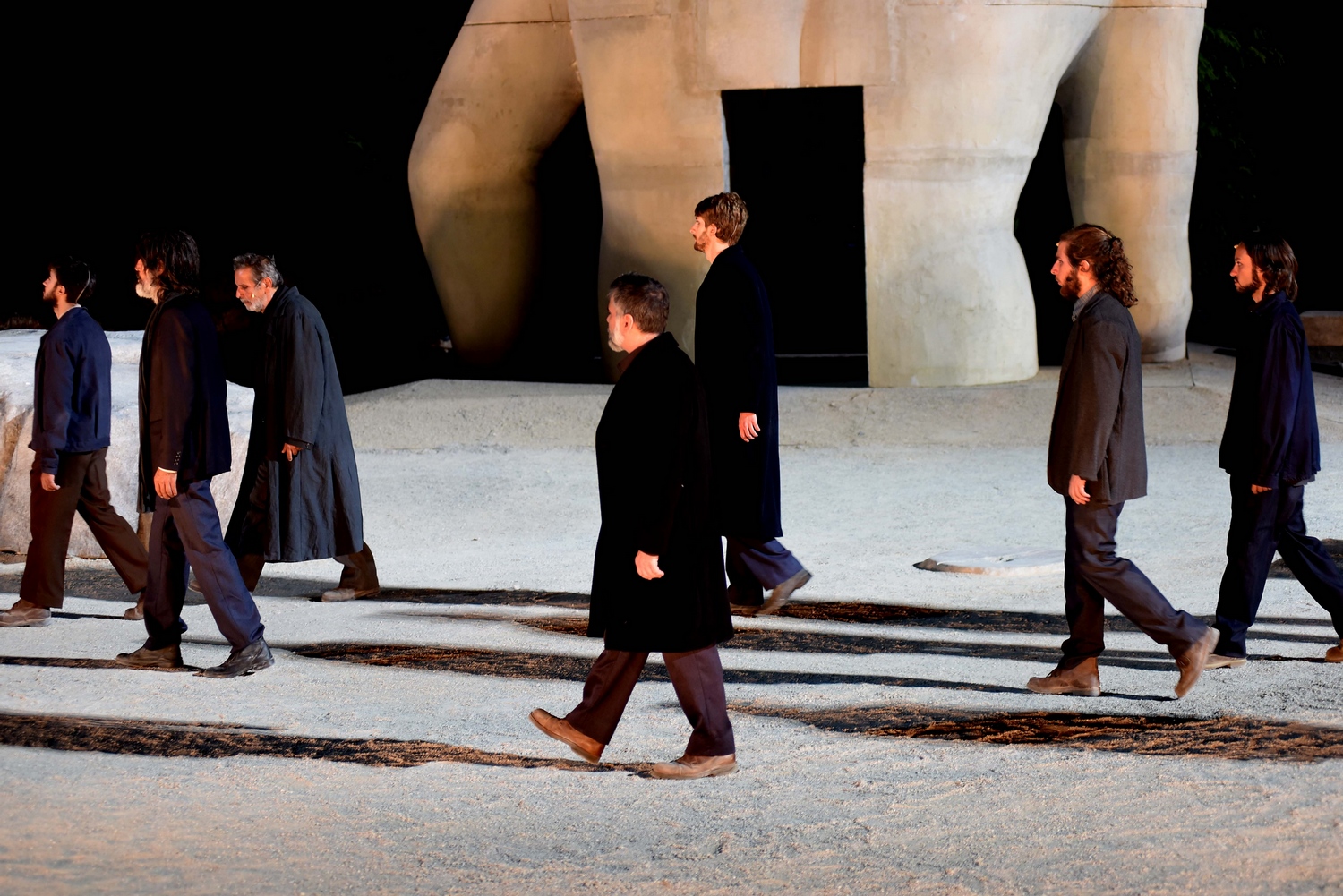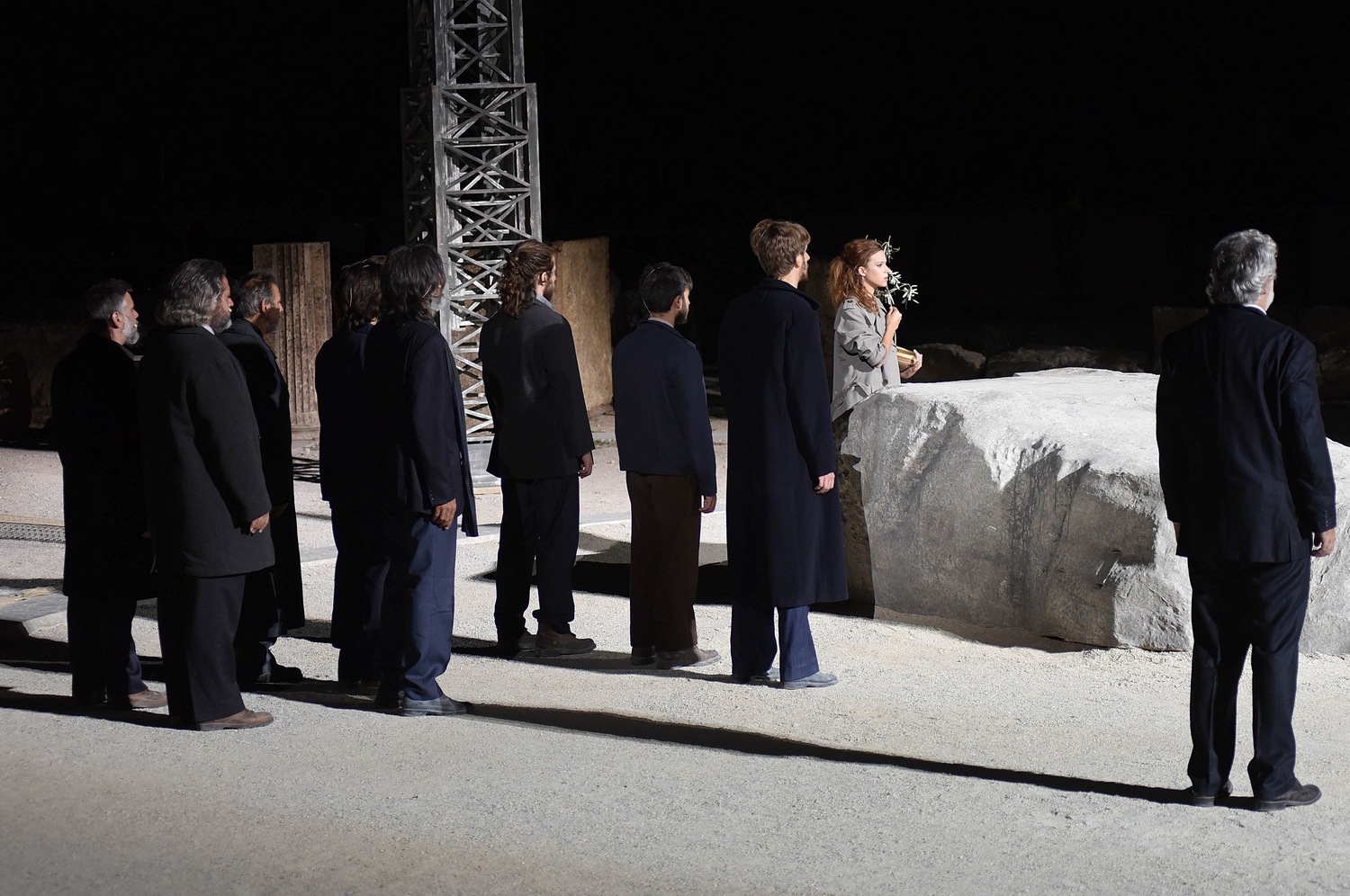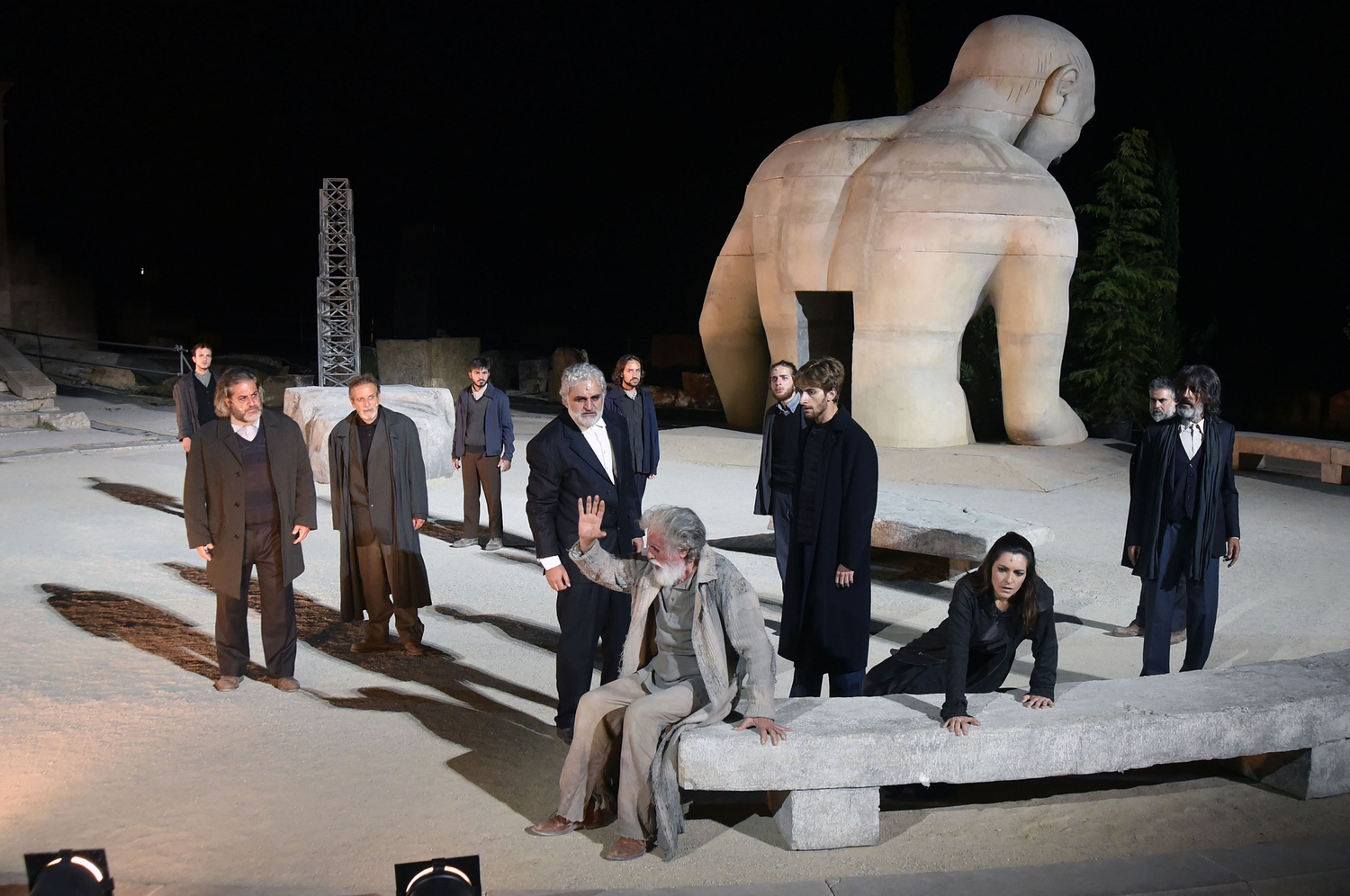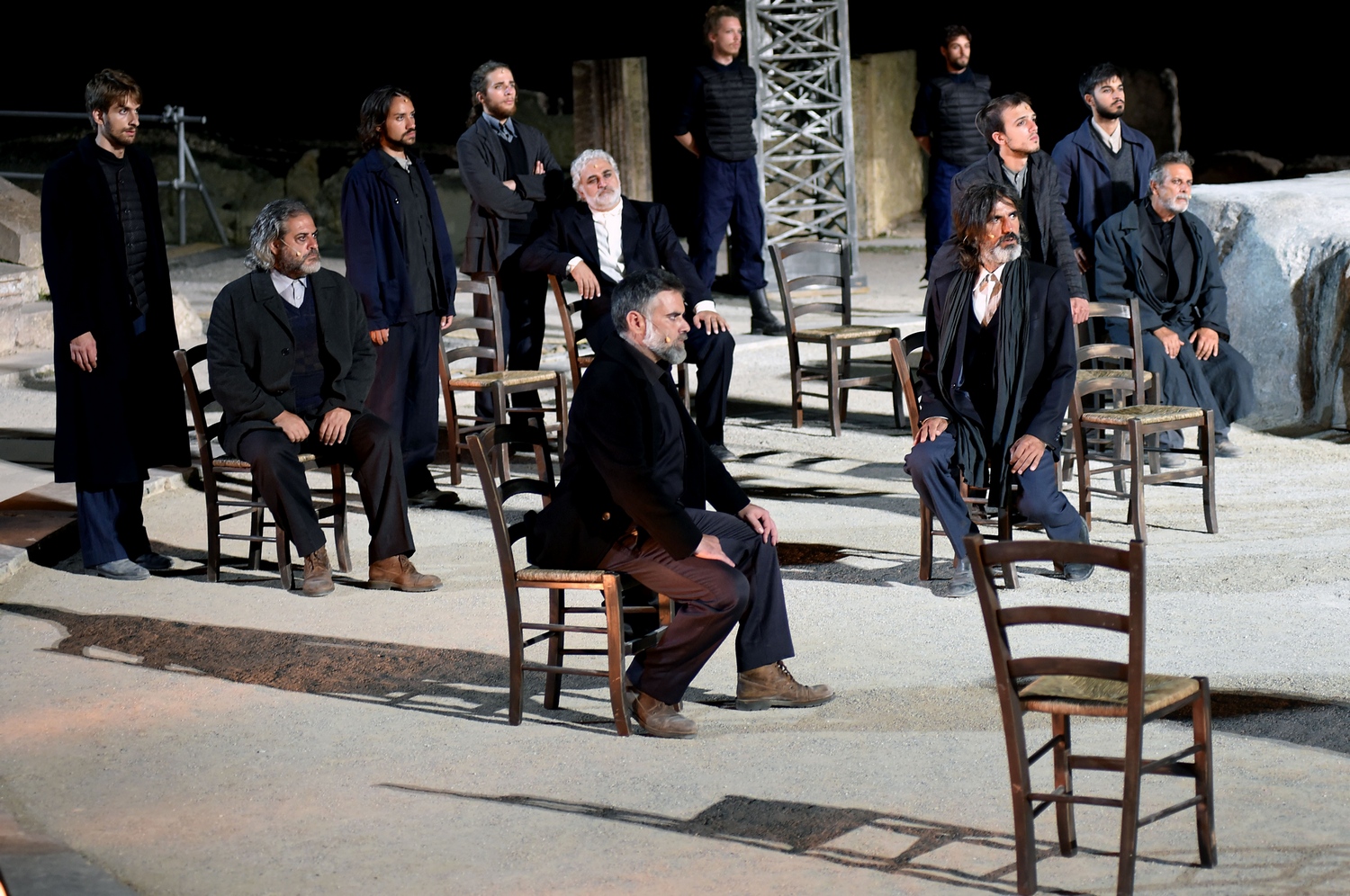Oedipus, close to the end of his life, seeks the temple of Athena at Colonus. The Chorus attempts to drive him out. However, King Theseus pardons him and allows him to stay, both because he is a suppliant and because Oedipus promises to repay the kindness if they allow him to have Colonus as his final resting place. Creon arrives from Thebes to claim Oedipus; however, his efforts are met with resistance by Theseus and the citizens of Athens. Polynices also arrives in Athens and asks his father to take his side in the upcoming battle against Eteocles. Oedipus curses both his sons. Suddenly, Zeus’ thunder signifies that the time has come for Oedipus to meet his end. Oedipus, accompanied by Theseus, proceeds to his burying place, blessing Athens and Theseus for their hospitality.
Direction - Set design: Yannis Kokkos
Translation into Italian: Federico Condello
Collaborating director: Alfio Scuderi
Artistic assistant: Annick Blancard
Assistant director: Stephan Grögler
Music: Alexandros Markeas
Costume design: Paola Mariani
Lighting design: Giuseppe Di Iorio
Cast: Massimo De Francovich (Oedipus), Sebastiano Lo Monaco (Theseus), Roberta Caronia (Antigone), Stefano Santospago (Creon), Fabrizio Falco (Polynices), Eleonora De Luca (Ismene), Danilo Nigrelli (Messenger), Sergio Mancinelli (Stranger), Davide Sbrogiò (Coryphaeus)
Chorus of Youths: Tommaso Garrè, Salvatore Ventura, Emanuele Carlino, Federico Mosca, Danilo Carciolo
Chorus of Soldiers: Alessandro Accardi, Mauro Cappello, Antonino Cicero Santaelena, Alessandro di Feliciantonio, Giacomo Lisoni, Andrea Maiorca, Riccardo Rizzo, William Caruso, Roberto Mulia, Salvatore Pappalardo, Stefano Pavone
Chorus of Women: Guilia Oliva, Chiara Ciancola, Vittoria Scuderi, Maria Chiara Pellitteri, Miriam Scala, Greta D’ Antonio, Noemi Scaffidi, Silvia Trigona, Guilia Messina, Silvia Messina, Federica Gurrieri, Adele di Bella, Alba Sofia Vella, Guilia Antille, Gabriella Zito
Appearing as older women: Lucia Imprescia, Lisi Giusi
Athens & Epidaurus Festival & Fondazione Inda Production
Supported by Michael Cacoyannis Foundation
Director's note:
Sophocles’ final tragedy is at once a meditation on human fate and a tribute to his beloved city, Athens.
Burdened by horrific crimes and haunted by his city, Thebes, the elderly Oedipus arrives at Colonus, almost as if he were a migrant, choosing this area as his final resting place.
Oedipus has been sentenced by the gods, led by them to Colonus, the place of his redemption.
Previously the agos of the polis, Oedipus re-emerges as a hero at Colonus. Its people receive him, both for moral reasons and for reasons of interest.A tragedy about physical and metaphysical borders, about the mystery of human freedom in the face of gods’ omnipotence, about responsibility, about old age, about the political rule of the Polis. Oedipus at Colonus is an intimate poem, a spiritual journey.
From Syracuse to Epidaurus, our tragedy will carry Oedipus all the way to the sacred forest of the Furies, to his final apotheosis.
A Note from the Artistic Director of Festival al Teatro Greco di Siracusa, Roberto Andò:
In 2018, the Instituto Nazionale del Dramma Antico will invite audiences to Syracuse for three plays debating the issue of power and addressing the complex and shifting role of the hero and the tyrant in the ancient world, both in their heightened representation in tragedy, as well as in their representation through farce and ridicule. These plays are:
Oedipus at Colonus by Sophocles,
Herakles by Euripides, and
The Knights by Aristophanes.
Oedipus at Colonus is a tragedy about old age, recounting the story of an old man, Oedipus. Having previously wandered around as a scapegoat (
Oedipus Rex), Oedipus retires to Colonus, becoming the area’s
genius loci. Sophocles’ final tragedy is nothing less than a spiritual testament, evoking the image of an entire population of people on the brink of disaster. The play is a meditation on the great themes of humanity: the mystery of existence and death; the conflict between political and religious morality; the relationship between the objectivity of guilt and the subjectivity of punishment; the inexorability of a destiny determined by omnipotent forces; the fragility of reason and human justice. Athena represents eternal values, such as hospitality towards supplicants, opposition to the arrogant, respect of the law, the worship of the gods. The tragedy comes to an end with the final redemption of a man who was first humiliated and then elevated to the rank of hero. Sophocles delivers verses of extreme purity, exemplified by the sublime poetry of the chorus celebrating “the best dwelling on earth, candid Colonus.”
It is a great honour for us to present
Oedipus at Colonus, directed by Greek cosmopolitan artist and intellectual Yannis Kokkos. More importantly, this performance will be held at the Ancient Theatre of Epidaurus, kicking off a precious and significant collaboration, built upon a geography of the soul, as evidenced in the sublime energy of the two ancient theatres in Sicily and Epidaurus.
As a great contemporary writer has said: the essential mandate of a civilization that takes its future to heart is to guard and bequeath Beauty.








